|
In response to Gaza, there is a presence of water crisis, with 95% of its population lacking access to clean drinking water. The combination of utility cuts and pollution has left groundwater sources contaminated and the situation increasingly alarming.
(Photos from Aljzeera)
"We believe that these water filters will be very useful in providing clean drinking water for the civilians in Gaza, making the most of the limited water supplies available." Ms. Rebekah Lim
Head of Global Engagement / Redcross
Less than 4% of water is drinkable, Israels' blockade of Gaza severely limits materials from entering, making it incredibly difficult to develop water and sanitation infrastructure to meet the needs of a growing population. Water-borne diseases are also part of a problem that refugees have to face and it is one out of many other problems they face when seeking shelter.
Our water filters aim to alleviate some of this burden, ensuring that more people can access safe drinking water despite the limited resources available.
(Photos from Red Cross)
On October 30, 2023, the Singapore Red Cross (SRC) announced the dispatch of USD 200,000 worth of relief supplies to Gaza. This aid includes essential items such as medical supplies, clean water, food provisions, and hygiene kits. Wateroam has been one of the aids to help and SRC has been collaborating closely with the Egyptian Red Crescent (ERC) to ensure the effective delivery of these supplies through the Rafah Border Crossing. Wateroam has provided over 190 ROAMfilter Plus in order to help refugees to gain access to safe water. With the systems deployed, the ROAMfilter Plus would be able to provide more than 19,000 refugees with access to safe drinking water.
(Photos from Red Cross)
"Families, children, women, and the elderly are enduring unimaginable hardships. Many have to walk kilometers to reach safe areas, often with no access to shelter, water, or the most necessities".
Mr. Benjamin William, Secretary General/CEO of the Singapore Red Cross, emphasized the conditions in Gaza, Moreover, 603 water facilities we analyzed, 53% appeared to have been damaged or destroyed since 7 October in the northern Gaza strip at Khan Younis.
The humanitarian situation in Gaza remains critical, with severe shortages of fuel, water, food, and medical supplies. While some aid has reached the affected communities, it is far from sufficient to meet the extensive needs. The SRC continues to advocate for the protection of civilians and the unhindered delivery of humanitarian aid.
(Photos from National Catholic Register)
Wateroam's contribution of water filters is a step towards alleviating the water crisis in Gaza, providing a ray of hope amidst the ongoing humanitarian challenges. We extend our heartfelt thanks to the Singapore Red Cross, Egyptian Red Crescent, and all contributors for their unwavering support.
As we continue to navigate this crisis, our commitment to delivering clean drinking water and essential aid to those in need remains steadfast. Together, we can make a significant difference in the lives of the people in Gaza.
Blog Author: Renee Patro
Chief Editor: Chong Tee
0 Comments
The need for clean water in Uganda cannot be overstated. The local water situation is urgent, with the government unable to provide pipeline water to many areas. 81% (38 million) of the population in Uganda does not have access to safe water as poorer residents are often forced to travel long distances to find untreated water sources. "Previously, they didn't have clean water."
(Photos from The Borgen Project)
With limited access to clean water, communities are forced to rely on contaminated sources, leading to widespread outbreaks of waterborne diseases such as cholera, dysentery, and typhoid. The health implications are severe, particularly for children and the elderly, who are most vulnerable to these illnesses. It is known that around 3.4 million people die as a result of water-borne related disease.
"The rich could dig a well for themselves, while the poor had to travel very far to find whatever water they could"
Dr.Wu (R&D Manager, Wateroam)
In these scenarios, filtration systems such as the ROAMfilter and Homefilter Plus ensures that even remote communities can access clean, safe water on demand. Wateroam manages to mitigate the spread of waterborne illnesses and has partnered with organizations like the Salvation church of Christ in Uganda.
(The usage of Water Test Kit in progress)
Through these positive changes, Wateroam was able to increase access to better livelihoods and make it happen firsthand. "it's always fascinating and fulfilling to see the designed systems become reality."
During the trip, site surveys were conducted to assess the areas in need and provided training on how to use water test kits. This hands-on training is crucial for empowering local communities to maintain and monitor their water systems independently. Through the system, we have been able to provide clean filtered water to individual households, churches, and schools in the area. This has improved the quality of life for the villagers, and it's incredible to see how access to clean water can make such a significant difference.
(Showcasing Water Test Kits)
It is crucial for developing countries to ensure that they have immediate access to safe water as the daily struggle for clean water impacts overall development, trapping many Ugandans in a cycle of hardship and ill health. The psychological and physical toll of this crisis underscores the urgent need for sustainable solutions to provide safe and accessible water to all. It is known that around 3.4 million people die as a result of water-borne related disease.
"This access to clean water also has created jobs for locals"
Pastor Paul (The Salvation Church of Christ)
Wateroam was deeply moved by the gratitude expressed by the residents of Uganda. In a touching gesture of thanks, The company was given a big bunch of bananas, a token of the community's appreciation for Wateroam's efforts.
(Locals giving out a token of appreciation)
Our journey with Wateroam in Uganda began in the remote Kakiri Subcounty, specifically in Kikandwa Village, Wakiso District. This area is characterized by high poverty rates and a lack of national piped water supply. Before Wateroam stepped in, residents relied on ponds, underground wells, and streams for their water needs.
Wateroam's trip to Uganda is just the beginning. Their presence has paved the way for future deployments and stronger collaborations with local communities and organizations. Wateroam was able to visit over 4 villages, Kakiri, Ziranubu, Masaka and Nakawoka. During their deployment, they managed to help over 15,000 villagers. Wateroam's mission to provide clean water is a continuous journey, and every deployment brings us closer to a world where everyone has access to this basic human necessity.
Blog Author: Renee Patro
Chief Editor: Chong Tee Portable Water Filtration Systems – A Critical Tool in Humanitarian Efforts in War-Torn Ukraine20/4/2023
Increasingly, the world is seeing more water-related disasters, and war-torn regions like Ukraine face a severe water crisis. In conflict-affected areas, access to clean water quickly becomes a matter of life and death, as contaminated water can cause a host of potentially deadly waterborne illnesses. While access to clean water is critical in any community, it is of particular importance in the context of human-protracted conflicts.
Images from Washington Post
​​Waterborne illnesses are a significant public health concern. Contaminated water can be a breeding ground for bacteria and viruses that can cause severe illness and death. In Ukraine, the conflict has damaged water and sanitation infrastructure, leaving millions of people without access to safe drinking water.
​In these situations, portable filtration systems can save lives when they reach communities in time. With the focus of this year’s World Water Day being accelerating change to solve the water and sanitation crisis, one modest addition to humanitarian efforts would be to deliver life-saving filtration systems to war-stricken communities in Ukraine. These portable filters are inexpensive to use, easy to deploy, and highly mobile. They have a proven record of helping to mitigate the spread of waterborne illnesses, temporarily stopgap in the absence of critical infrastructure and save lives.
​​Wateroam's water filtration system, the ROAMfilter Plus has been deployed in conflict-affected regions around the world, including Ukraine. Their portable water filters can be rapidly deployed to provide clean water on demand, even in remote or inaccessible areas. Wateroam has partnered with organizations like the Singapore Red Cross, Polish NGO Fundacja Pok alongside with grassroot communities to provide access to clean water in Ukraine's Donietsk, Donetsk, and Kherson regions, which have been severely affected by the conflict.
The provision of clean water is critical in conflict-affected areas. It is a basic human right, and access to it should not be a luxury. With the help of organizations like Wateroam and its partners, humanitarian efforts can save countless lives.
​ To ensure that war-stricken communities in Ukraine have access to clean water, it is critical that governmental and non-governmental organizations provide funding and resources to aid organizations to ensure that water filtration kits are a standard part of humanitarian response efforts. In addition, education and awareness campaigns should be implemented to teach communities about the importance of clean water and how to properly use water filters.
​Portable systems like the ROAMfilter Plus play an essential role in conflict-affected areas, but only if people have access to them. To ensure water sustainability in communities, further investments in water infrastructure and distribution networks is critical to ensuring access to clean water in the long term. Governments and aid organizations must work together to provide funding and technical support to improve water accessibility to people everywhere.
Blog Author: Chong Tee, Co-founder Wateroam
Chief Editor: Chong Tee, Co-founder Wateroam In April 2020, 160,000 households in northern Vanuatu were left without food, shelter or clean water after Category 5 Tropical Cyclone Harold devastated the landscape with sustained winds of 215 km/hr(130 mph). Wateroam’s partner, Sea Mercy, focused on providing safe drinking water to the affected communities through the provision of filtration, desalination, and water storage products. 260 of our mighty ROAMfilter Plus systems were deployed to communities across the islands of Ambrae, Ambrym, Malekula, Pentecost and Santo. Most of Vanuatu’s villages are miles apart, and only accessible by foot - in some cases this results in a three hour walk each way. The average village has 150 people, spanning across roughly 30 households. The response effort required a decentralized system that our ROAMfilter Plus was perfect for!
Improved Health Outcomes What we want to bring most attention to today is the tremendous impact that clean water has for health outcomes.
On average, health improved by 33% in all age groups between the time the filters were distributed and followed up with. The figures for diarrhea, rash,sore throat and vomiting decreased tremendously, without a doubt saving lives during this time. Diarrhea and vomiting can be life-threatening and fatal illnesses that lead to severe dehydration when untreated; without access to clean water and the ability to rehydrate, diarrhea, vomiting and dehydration can lead to death. This is a leading cause of mortality for children under 5 worldwide, and we’re thrilled to see these numbers cut by half or more within this vulnerable age group. Improved access to closer water sources While a few filters were installed permanently in schools, the majority were given to a designated operator who manned the filter to provide clean water when it was needed. The ROAMfilter Plus Systems were not fixed to a location within the community and the operator used the simple manual hand pump for filtration. Not only did Wateroam’s filtration systems alter the health outcomes of these communities, it changed how they source their water. When the filters were distributed, rivers/creeks were the primary water sources used by these communities, but the ability to filter dirty water meant communities could use water sources located closer to their homes. Most communities that switched their water sources saved an average of 7 minutes’ walk each way, while one village event reported saving 14 minutes each way. This not only saves time, but it increases the amount of clean water that is available. There can be less frequent trips to the water source, and less rationing. Sea Mercy also distributed storage buckets to keep filtered water clean and free from additional contamination - this meant that if clean water was needed, it was available then and there! For most of us, that is a regular reality, but for numerous households, that has never been the case. Kona Point community in Vanuatu used to have to pay to bring water from a river 15km away via truck, but now they can filter river water from a much closer source. The Impact of Clean Water
Water.org states that over “$260 billion dollars is lost globally each year due to the lack of basic water and sanitation” - this is attributed not only to the premature loss of life and the potential economic contributions someone could have made, but also due to individuals spending hours each day collecting water, traveling long distances to access water, or recovering from waterborne illnesses. Instead of earning an income, time is spent simply trying to survive. The Sea Mercy team shared with us amazing feedback from the Vanuatu communities who were hugely grateful to have clean water in their villages - they “love the taste, recognize the health benefits and appreciate having safe water to drink.” Wateroam is beyond thankful to see the positive impact Sea Mercy and our ROAMfilter Plus systems have helped to make in Vanuatu. Blog Author: Michelle Falcone Chief Editor: Michelle Falcone Souperstar is like a warm hug, not just through their wholesome and heartfelt meals that radiate familiarity with a twist of innovation, but because they are a genuine company that believes giving back is an essential part of their business. Over the years, Souperstar (a well-known restaurant chain in Singapore) has sponsored multiple filtration systems in developing and disaster-hit communities that are in dire need of safe and clean water. Helping communities in need is so significant to them that they even built a system of giving within their customer rewards programme, to extend the opportunity for donation to their customers as well. Earlier this month, we had the honour of interviewing one of Souperstar’s founders, Hong Wei Ting, as she shares what it takes to be a modern brand that empowers its customers to do good in a simple and easy way. "Doing good can be simple and real."Questions and Answers Q: You have a long history of restauranteering in your family, but besides growing up in this industry and inheriting the same passions for food as your parents, what would you say drives you to continue expanding your business and opening new restaurants? Answer: Our pioneers at Fortune Food have been serving Singaporeans their favourite local delights for over a decade. Fortune Food, a brand with more than 10 years of popular following, operates 10 hawker stalls serving well-loved Singapore delicacies such as popiahs, kueh pie ti, laksa and muah chee. We strive to uphold our pioneers’ ethos for fresh, quality and affordable food even as we take a spin on our expertise to bring you hearty meals to the neighbourhood.
Our mission is to connect people with a dining experience beyond typical, invoking the senses through dynamic interpretations of familiar tastes! Q: Many reward programs only benefit customers, but you decided to do something different in order to create a life-changing impact for the less fortunate. Why did you create a rewards program to encourage this idea of continuous giving instead? Answer: Beyond delicious and hearty food, we envision ourselves as a nexus of passion and humanity, connecting people from all walks of life. We aim to make a real impact to the society around us - taking inspiration from the familiarity of home and comfort foods as a platform to inspire diners and to empower brands rooted in our core values. Often at times, rewards programs are created with CSR in mind. However, we’ve come to realise that there are some concerns and skepticism towards a corporate rewards program that involves contributing to good causes, as this issue often results in customers choosing instant gratification instead of contributing for a good cause. Hence, we wish to eliminate this “struggle” of deciding about doing good and enable it to be as simple as 1 click through their daily dining. More importantly, it is not at their expense, but on us. Contributing in a monetary manner often creates a sense of loss instead of a sense of giving. We simply need them to contribute and take part in a collective manner. Secondly, prior to the app launch, we’ve conducted surveys to ask a handful of samples on how they feel about their donations to companies whenever they see donation boxes displayed in-store. Often, they do desire to do good but are unsure whether the donation would create the impact it sets out to. On the other hand, companies also do donate in the form of declaring certain margins for charity causes, however, customers are uncertain whether it is truly executed and it does not create any sense of involvement. With the main driving factors above, we seek to create a rewards program to encourage this idea of continuous giving, without feeling as though they have loss monetarily or have to give a large output in order to do good and help someone in need. Q: Souperstar recently opened its 5th location! Can you tell us a bit about the Souperstar brand and how the Souperstar rewards program works? Answer: The Souperstar App was created as a way to build our relationship with all Souperstar customers. The primary function allows customers to earn “Stars” from their purchases and over time, they would be able to use these Stars to redeem rewards such as our menu items i.e. free Traditional Popiah, free Combo or even Grab vouchers. We have also implemented a secondary currency, “hearts” which could be donated in-app to support a greater cause as a Token of Love. “Hearts” can be earned from each Souper Combo purchase and the accumulation will not deplete unless customers decide to click and donate it for the SOUPEROAMERS community. With every 14 hearts, customers can help 1 person to have clean water access in the rural community by clicking on the “TOKENS OF LOVE” tab. This will not cost them any extra money for donation; it is purely an act of kindness of which Souperstar will fulfill the water filter deployment once we’ve hit our goal for each deployment. As of (date), every 100 donors would contribute to deploying one water filter to a developing and disaster-hit community. Q: The Souperstar rewards program allows customers to collect Hearts and support social causes, but has it also benefited Souperstar in any way? Answer: Souperstar strongly believes in supporting locals and meaningful social causes and hence, as we work with Wateroam in deploying water filters around the regions and communities in need, we were able to play a part in a greater cause through the collective efforts of the local community through their daily dining at Souperstar.
Q: Over the years, have you witnessed a growth in the number of customers utilizing the Souperstar App to do good, instead choosing to receive personal rewards? Answer: It has always been a challenge for us as we would never want to put any pressure on the customer for any form of donations, as traditionally, ‘donations’ have been viewed at a monetary expense. However, we did see an increase in purchases of combos as this is the only method of earning hearts to be part of the cause. After 3 years of running the Souperstar App, the numbers have increased significantly and we have noticed an increase in awareness as well as contribution towards our Tokens of Love. With the help of our valued customers, we were able to gather more than 400 donations, leading up to 4 water filters being deployed across the region. Q: You’ve been a sponsor of Wateroam for 5 years now, benefiting over 1000 lives; how do Souperstar’s company values align with Wateroam’s? Answer: Yes, prior to launching our App 3 years ago and creating the SOUPEROAMERS community, the company have donated on an annual basis for the first 2 years to contribute to this good cause. Given that humanity is one of our 8 core values, it has always been a goal of our founders to collaborate with a local enterprise that is aligned with us in our beliefs and strive to give back to society. Despite being in an entirely different industry, Souperstar and Wateroam aligns in terms of the value of creating their offerings along the pillar of affordability. Wateroam’s water filter are lightweight and designed to be affordable for rural development missions. Similarly, Souperstar strives to provide an affordable food menu to the local community to enjoy healthy comfort food daily. On top of this, with Wateroam’s main focus on being Water-oriented, the necessity of lives, we strongly believe that food also comes in as the key necessity of daily living. Water and food comes hand-in-hand for sustainability of livelihood. We are certainly glad to have cross-pathed with Wateroam, to create the SOUPEROAMERS community. Souperstar has always been looking out for ways to give back to society and to do good for a greater cause. And thankfully with Wateroam, we were able to extend the reach to many lives in the region or even globally. 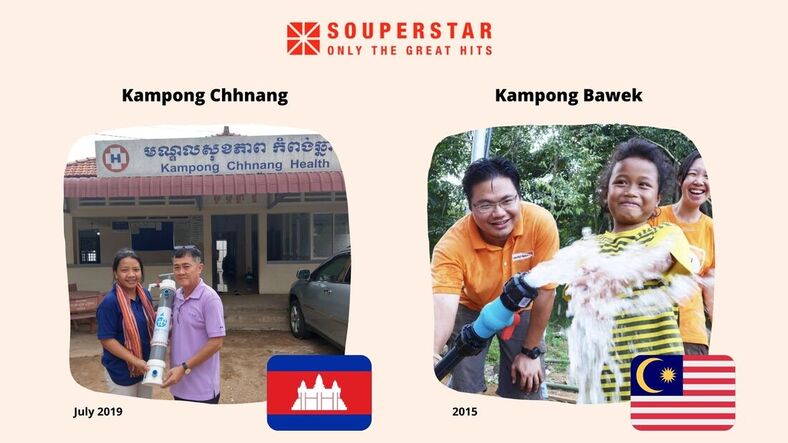 Q: Why did you choose Souperstar’s social initiative to focus on providing access to clean water in developing and disaster-hit communities?
Q: Did you have a social impact goal in mind for your collaboration with Wateroam, or are you just aiming to create as much of an impact as possible? Answer: As of now, we are simply aiming to create as much of an impact as possible. Q: This year has been very turbulent and difficult for many businesses, but Souperstar continued to sponsor filters in 2020. Why was it important for you to continue giving during this challenging time? Answer: We do understand that due to COVID 19, regional transportation and deployments are a huge challenge for Wateroam. However, we believe that we, all the more, have to continue supporting the cause because in times like this, rural communities are even more in need of clean drinkable water to sustain their livelihood. We hope to still sponsor the filters and have Wateroam to plan into their deployments missions regardless. "We all know that water is essential and it may seem small but it is often a necessity that is often neglected..."Q: Is there anything you want to say to your customers who have helped make the sponsorship and deployment of Wateroam’s filters possible? Answer: We are definitely very grateful to our customers who’ve supported the cause and their belief in the SOUPEROAMERS community. Without them, we will not be able to impact thousands of lives globally. We do hope to continue impacting more lives through the Token of Love and we hope that they can continue to spread the words and support the SOUPEROAMERS community whenever they dine at SOUPERSTAR! Thank you! Souperstar has impacted so many lives over the years through the hearty meals that they serve and the filters they’ve sponsored. Read below to learn how you can join their rewards programme and make their impact even bigger! Souperstar’s Rewards Program Souperstar’s admirable and kind contribution towards the less fortunate encourages the idea of continuous giving to create and restore hope in communities facing challenges. Here’s a quick guide on how you can help provide clean and safe water through the ‘SOUPERSTAR’ app: For more information, click here. Next time you’re enjoying a delicious meal at Souperstar, make sure you become part of the SOUPEROAMERS community to help both Souperstar and Wateroam multiply our impact across the globe! With every ‘Heart’ you give, we’re one step to a world without prolonged thirst. Blog Author: Nur Khairiyah Binte Mohd Samion
Chief Editor: Michelle Falcone Wateroam Diary - A reflection on how access to clean water makes a huge impact in everyday lives3/12/2019
Cambodia - home of the famous Angkor Wat and numerous other archaeological sites. Known for its rich history and culture, many visitors are not aware of the country’s urgent need for clean water. As a tourist, bottled water is stocked in hotel rooms and readily available in most shops, but for many locals clean water isn’t affordable or accessible.
In October, our team saw the opportunity to head down for some work on the ground. The goal was to check on a few of the ROAMfilter™ Plus systems that we installed earlier this year, and to learn about its impacts from the beneficiaries themselves. With water filters and camera equipment in tow, four of us hopped onto a plane towards the Kingdom of Cambodia!
Wateroam team heading towards Takeo Province
Day 1: Insight into micro-entrepreneurship
After arriving in Phnom Penh, we set south on our journey towards Takeo Province. The 2-hour car ride was filled with interesting sights as we watched the locals bustle off with their daily lives. Driving through the winding roads of Cambodia proved to be a challenge though; It was tough to navigate past the many vehicles and scooters around us.
Trapang Vihear Village
Nonetheless, the real work only started when we set foot in Trapang Vihear Village, one of the communities that we’ve impacted with the water filtration system. The villagers previously faced a lack of clean water, and most had to travel to other villages to buy drinking water. That was not only time consuming, but it was also disruptive to their daily livelihood.
Under the Wateroam Partnership Programme, we worked with New Life Foundation to come up with a solution for the people of the village anchored off the deployment of our ROAMfilter™ Plus. You can read more details about the micro-entrepreneurship project here.
We chat with Chhoun Chathy on her journey as a micro-entrepreneur
First, we had a nice chat with Chhoun Chanthy, a local farmer who aspired to make a difference in her community through clean water. Trained by Wateroam and New Life Foundation to be one of our micro-entrepreneurs, she is glad to see progress in her village.
When we asked what inspired her to contribute to the water project, she told us: “the children who came here to study would drink the rainwater or bring water from home”. As a mother of five, she was always worried about her children’s health. She hopes for a better future for them and that was her motivation to bring about change.
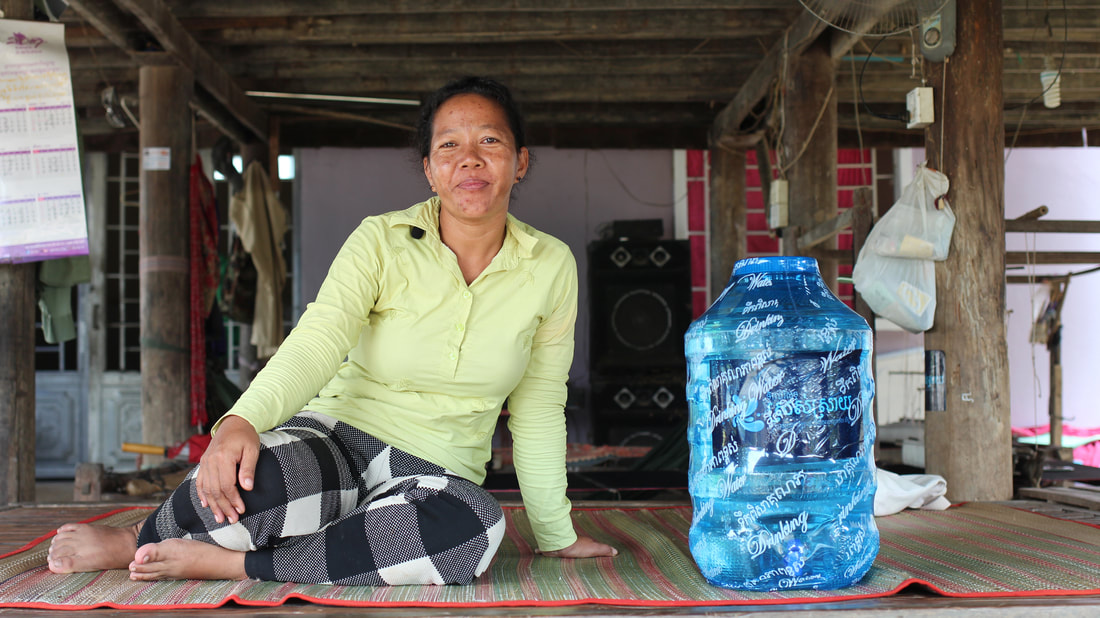
Helping Chhoun Chanthy distribute the water is Neang Sokun, a local friend that farms and fabric weaves as well. With the same heart to bring in clean water for her children, she volunteered as a distributor to sell the containers of water to the community.
After a hearty lunch together
Our trip down to Trapang Vihear Village was a heartwarming one indeed and it filled us with delight to see the villagers brimming with such joy.
Chase from Wateroam showing our ROAMfilter™ Plus to the students
Day 2: ROAMfilter™ Plus for school projects
After starting off on a good note, our team is back in Phnom Penh. That afternoon, I headed down with another team member to the outskirts of the city The plan was to pay a visit to Liger Leadership Academy, an institute that Wateroam is actively partnering with. We were pleasantly greeted by the teachers and students with a warm welcome. The students were really friendly and excited to find out more about us! Founded by couple Trevor and Agnieszka, the academy takes a different approach to education – one that aims to bring out the potential of entrepreneurship and leadership in promising youths. Their curriculum goes beyond the classroom and there were plans to bring in the ROAMfilter™ Plus for a student project. The goal was to use the filter as an educational tool to teach them about the existing water issues in rural areas of Cambodia. The students at Liger Leadership Academy have been using the filter to test different types of water sources during school excursions to villages in the vicinity.
The visit was definitely memorable as the academy provided a unique learning experience that we’ve not seen elsewhere. It was also inspiring to see how passionate and outspoken the students are at school.
Day 3: Visits to the health centres
After another 2-hour ride from Phnom Penh the previous night, we started a fresh day in the province of Kampong Chhnang. Our first stop that morning was Kampong Chhnang Health Centre, where we met up with some of the members of the Water and Healthcare (WAH) Foundation. The WAH Foundation is a Cambodian non-government-organization, and like us, they aim to improve the water conditions of Cambodia’s rural communities.
Jaron from Wateroam with members of WAH Foundation
We partnered with them to install the ROAMfiter™ Plus throughout health centres in that area, and we’re back on the ground for a review and to see the impact of our work!
At first glance, the health centre is a bustling place brimming with patients and visitors alike. Scooters were parked at its entrance, and there were pregnant mothers, children and families waiting for their appointments. It is one busy health centre, but efficient and well managed. It was a relief to see many locals using the filtered water, and to know that the health centre has water that is safe for consumption.
Our second stop was Prey Mou Health centre, a facility that is a little more remote but abundant with scenic views. Although It was definitely a little quieter compared to the first health centre, it was equally important to have the filter system installed in place.
For a healthcare facility, we understand how important it is for visitors to have easy access to clean drinking water. After all, it is the essence to good health and a good start to preventing diseases in the first place. Clean water is also crucial for sanitizing, and infections can be avoided by keeping wounds free from bacteria. For pregnant women and mothers, exposing them to contaminated water puts them at the risk of maternal complications that could cause severe impacts. This includes abnormalities in the growth of the baby, or even the death of both mother and child. We’re glad to know that the filters are serving the communities well, and we hope that the health conditions of the locals will see improvements in the near future.
Day 4: Chat with a local doctor
Despite our fully packed schedule over the past three days, our team is not ready to leave yet. We made our way to our final stop – Akphiwatt Health centre to meet Doctor Ung Vongdon. Through him, we learnt that this health centre had been dependent on a well previously. It was not until four years ago that the centre gained a convenient source of drinking water, only after WAH Foundation installed a filter on the premises.
He also mentioned his hopes for the future, when the health centre will be revamped into a hospital with more doctors and better medical services.
One good point that he highlighted in our conversation was the importance of imparting knowledge to the villagers. Many still use water from wells or even dig near the rice fields and drink the water directly from it without disinfection or boiling.
It reminded me once again that the road to ending thirst is more than just bringing clean water to people, but there is also the need for education to help people avoid such situations.
Grace from Wateroam, the author of this blog post
Final thoughts
For my first trip with Wateroam, it was definitely an eye-opening journey that was not just exciting but also filled with personal takeaways. Working in the office, I was always aware of the ongoing water issues and how the filter works to generate clean water. However, being down on the ground was a whole new experience. I got the opportunity to talk to the locals; I got to see how Wateroam really plays a part to make a difference. It was rewarding to form a personal connection with the beneficiaries of our work, and I realized that our water filters bring more than clean water. They not only bring extra income, but they also give the locals an enriched livelihood that includes creating new jobs, and even businesses. This trip also reminded me of how real the water issues are in the world, and the very reason I joined Wateroam. With that, I return home with a deeper connection to our mission and a stronger dedication to our cause. Blog Author: Grace Hong Chief Editor: Michelle Falcone
Did you know, 525,000 children under 5 die from diarrhoeal diseases every year? Millions more fall ill due to water-borne diseases caused by the lack of access to clean drinking water.
Please select the drop-down for other amounts
*Please refer below for terms and conditions
“I am very happy with this project that brings Wateroam technology. It enables me to have some revenue for my family and I can have access to clean water without any concern. It also enables my community to access clean water at an affordable price so we all can save our money for better living standing without wasting our money to buy medicines when we got diarrhoea.”
– Sok Kun, Villager Wateroam and New Life Foundation (NLF) are bringing clean water and small business opportunities to communities in Cambodia through a program called the Sustainable Water Project (SWP). The SWP is designed to provide accessible and affordable water to rural villagers, while also increasing the livelihoods of many involved. The result is not only improved health for the community, but also jobs where opportunities for income are limited. The first pilot site, in Takeo Province of Cambodia, has been a resounding success. Most residents are elderly individuals and farmers who rely on rain water harvesting. Their drinking water is often contaminated during its collection from dirty rooftops and while in storage cisterns that are prone to mosquito breeding. Firewood is scarce and must be used for cooking, so few families boil their water before drinking it. As a result, villagers are at risk of water-borne diseases and poorer quality of life. This bold endeavor is not only an initiative to improve health, but it’s a widespread community development project with a sustainable future.
One of the micro-entrepreneurs benefiting from the Sustainable Water Project
In March 2019, one of our incredible Champions, NLF, visited a church in Trapang Vihear to install a ROAMfilter™ Plus, a water tank and piping which instantly resulted in 40 children and their families having access to clean water. NLF then trained locals in the production, packaging, distribution and sales of this clean water to create a micro-entrepreneurship scheme for families to earn additional revenue.
During the first few months, those involved made an average of $70 per month. In a country where rural monthly salaries are roughly $400, this increased income can have a substantial impact on the well-being of a family. And, through the affordable rates of this bottled water, 50 more households in the community can now purchase clean drinking water for their homes. In the coming months, the church in Trapang Vihear intends to increase its self-sustainability by selling water to two NGOs and doubling its number of sales agents, widening the positive impact created by just a single water filter.
The ROAMfilter™ Plus in action in Trapang Vihear
“Seeing the community being able to access clean water, really makes my heart smile. I am happy to do more of this project because I want to see other communities also receive this clean water so they can live a better life as well.” – New Life Foundation Field Staff
Wateroam and NLF want to replicate this exciting and rewarding program in other villages, but we can’t do it without you. Contact us below to see how you can help give 650 families in Kratie Province a better quality of life! Blog Author: Michelle Falcone
Did you know, 525,000 children under 5 die from diarrhoeal diseases every year? Millions more fall ill due to water-borne diseases caused by the lack of access to clean drinking water.
Please select the drop-down for other amounts
*Please refer below for terms and conditions
The floating houses of Chhnok Tru village
In 2018, Wateroam had the opportunity to head down to Chhnok Tru floating village in Cambodia. The village has a total of over 1,700 households and is divided into 3 ethnic groups – Khmer, Cham and Vietnamese.
Primarily, the locals of Chhnok Tru Village obtain their water supply from the Tonle Sap lake, which their village floats upon. However, the water has been polluted from municipal waste and public defecation.
Heaps of rubbish on water
https://www.theguardian.com/world/2018/apr/25/mountains-and-mountains-of-plastic-life-on-cambodias-polluted-coast
Due to lack of education and waste infrastructure, locals dump their rubbish into their water source without much thought. Human waste is also directly deposited into the lake without any treatment.
The quality of the lake is worsened during dry seasons. Without a choice, the locals still have to rely on the contaminated lake water for laundry, dishes, bathing and even cooking.
Families using the river water for cooking and washing
There are several companies there that treat the lake water to produce and sell bottled potable water. However, the main issue we have identified is that not all locals can afford the potable water. As such, they have no choice but to resort to using the lake water for consumption.
This makes them prone to waterborne diseases and other health issues such as diarrhea, cholera, typhoid, dysentery, with many families tackling these issues throughout the year.
Wateroam working together with OceaNUS, Souperstar and PUC!
To tackle these challenges, Wateroam partnered with NUS Project OceaNUS and students from the Paññāsāstra University of Cambodia (PUC) and Souperstar to provide the villagers with access to clean drinking water.
Unite!
Through their combined efforts, NUS Project OceaNUS’18 was able to raise funds for 4 ROAMfilter™ Plus systems while SOUPERSTAR sponsored 2 more systems through their SOUPEROAMERS Programme, providing more than 600 people in the village with safe drinking water!
Picking up good hygiene habits starts from me
Apart from providing safe drinking water, the focus on hygiene education is also a big part of Project OceaNUS. With the help of the student volunteers from PUC, Project OceaNUS’18 introduced the Water, Sanitation and Hygiene Education (WASH) programme in 3 different schools to educate students on environmental awareness, the importance of clean water and proper sanitation.
Wei Ling (Project Director for OceaNUS’18), School Principal and Chong Tee (Wateroam)
The 3 ROAMfilter™ Plus systems were allocated in different schools so that the students can get clean drinking water easily and reduce the cases of waterborne diseases. With clean water and better health, students are able to focus better in school
Sign up for our newsletter!
 
Children utilizing the ROAMfilter Plus!
Fresh drinking water straight from the tap
The 2 ROAMfilter™ Plus systems were deployed in the floating village to provide clean drinking water to the community. Life, living and livelihood of every individual in the village will be improved through clean water access.
Healthcare services in rural health centres are often limited by their lack of clean water. Without clean water, the recovery process of patients is hindered by poor sanitation and treatment options. Therefore, 1 ROAMfilter™ Plus was allocated at the healthcare center. By supplying clean water to rural health centres, healthcare workers now are able to provide safe, quality treatment and ensure the smooth recovery of their patients.
Demonstrations, education workshops, and maintenance training were carried out with the local community to ensure the long-term sustainability of the project. Thus, with proper operation and maintenance of ROAMfilter™ Plus, they can produce clean drinking water to the community for more than 2 years.
A sketch by a local villager
The sketch shows the future plan of using the water collected in the water storage tank and connect it to ROAMfilter™ Plus to filter the contaminated water to potable water for drinking.
Safe drinking water for all!
Through the collaboration between Wateroam, Project OceaNUS, PUC and Souperstar, we have successfully impacted approximately 600 people across the village.
While we were able to provide these communities with safe drinking water, there are still many difficulties that we are working to overcome. For one, maintaining long term contact with the villagers can be challenging as some of these communities are nomadic in nature. This learning journey has taught us the importance of partnership and collaboration. It was truly a unique and humbling experience for us as it allow us to reflect on why our crusade to end prolonged thirst started. Do you have a community that is currently facing a similar problem? Contact us to get your very own ROAMfilter™ Plus for your water project today!
Did you know, 525,000 children under 5 die from diarrhoeal diseases every year? Millions more fall ill due to water-borne diseases caused by the lack of access to clean drinking water.
Please select the drop-down for other amounts
*Please refer below for terms and conditions
Wateroam works with Sponsors and partners on the ground to provide clean drinking water access. Through complementing one another's strengths, we are able to maximise our resources and increase social impact.
Sponsors provide resource support to empower while local partners help deploy clean drinking water, actively working with communities to ensure water sustainability for the long term. By working together, we can reach out rapidly to the 633 million people globally without safe water access. Visit our Get Involved section to learn more about the role you can play!
Let's build a world without prolonged thirst together!
Blog Author: Ze Yong Yeoh
|
Want more?Click below to see what other blog topics might peak your interest
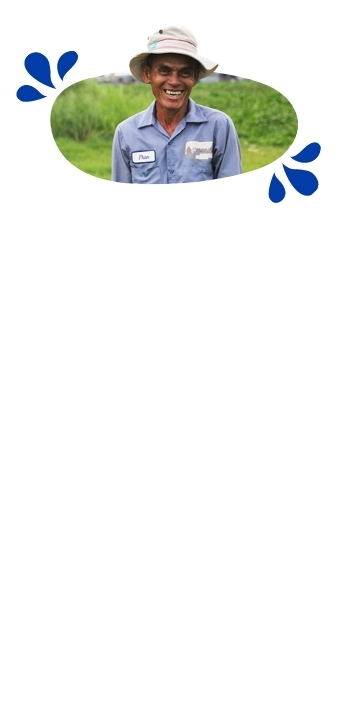


Impact Stories Blog Archives
April 2023
|
- About Us
- Products
- Solutions
- Resources
- Get Involved
-
Blog
- The Global Water Situation
-
Facts about Water
>
- Water supplies for crisis
- WaSH During Emergencies
- Well Water Cleaning and Filtration Guide: Southeast Asia
- Gravity-fed Water Systems: Water Purification and Filtration setups in Southeast Asia
- A Guide to Rural Rainwater Harvesting and Filtering
- Water Shortages and Their Effect on Children in Rural Schools
- WaSH Planning and Design Framework Resources for Indonesia and the Philippines
- Rural Community Water Supply: Water Systems in Villages
- Info on our Products
- Impact Stories
- Upcoming & Past Events
- Contact
- Store
- About Us
- Products
- Solutions
- Resources
- Get Involved
-
Blog
- The Global Water Situation
-
Facts about Water
>
- Water supplies for crisis
- WaSH During Emergencies
- Well Water Cleaning and Filtration Guide: Southeast Asia
- Gravity-fed Water Systems: Water Purification and Filtration setups in Southeast Asia
- A Guide to Rural Rainwater Harvesting and Filtering
- Water Shortages and Their Effect on Children in Rural Schools
- WaSH Planning and Design Framework Resources for Indonesia and the Philippines
- Rural Community Water Supply: Water Systems in Villages
- Info on our Products
- Impact Stories
- Upcoming & Past Events
- Contact
- Store
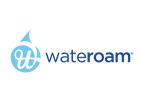









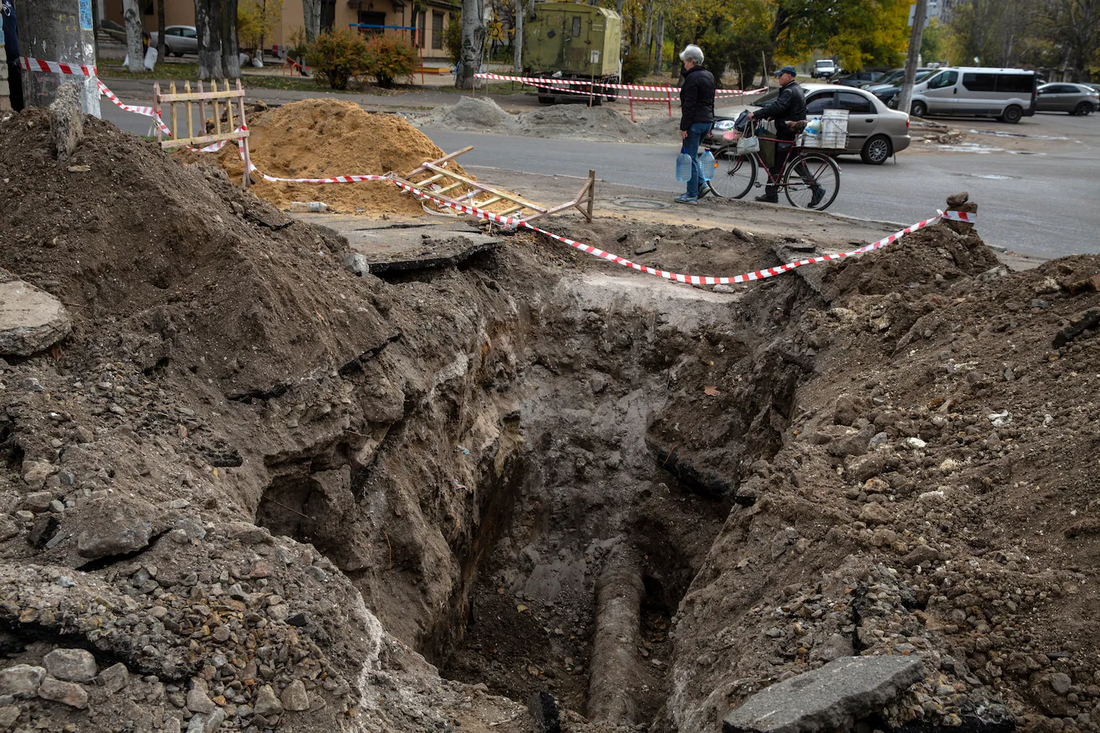
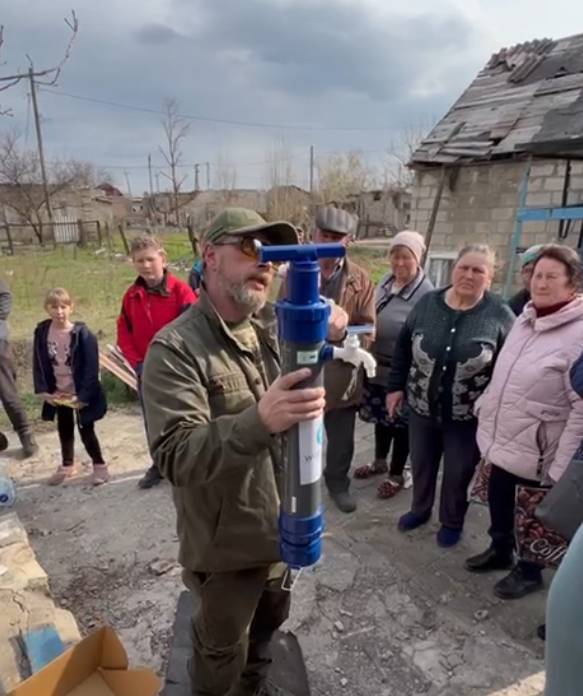
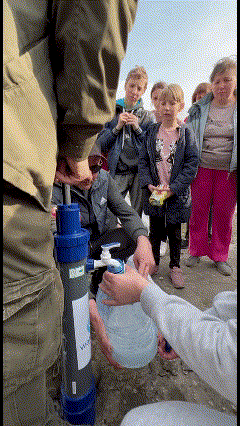
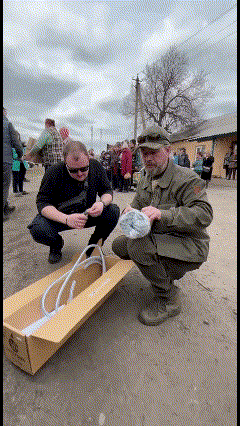
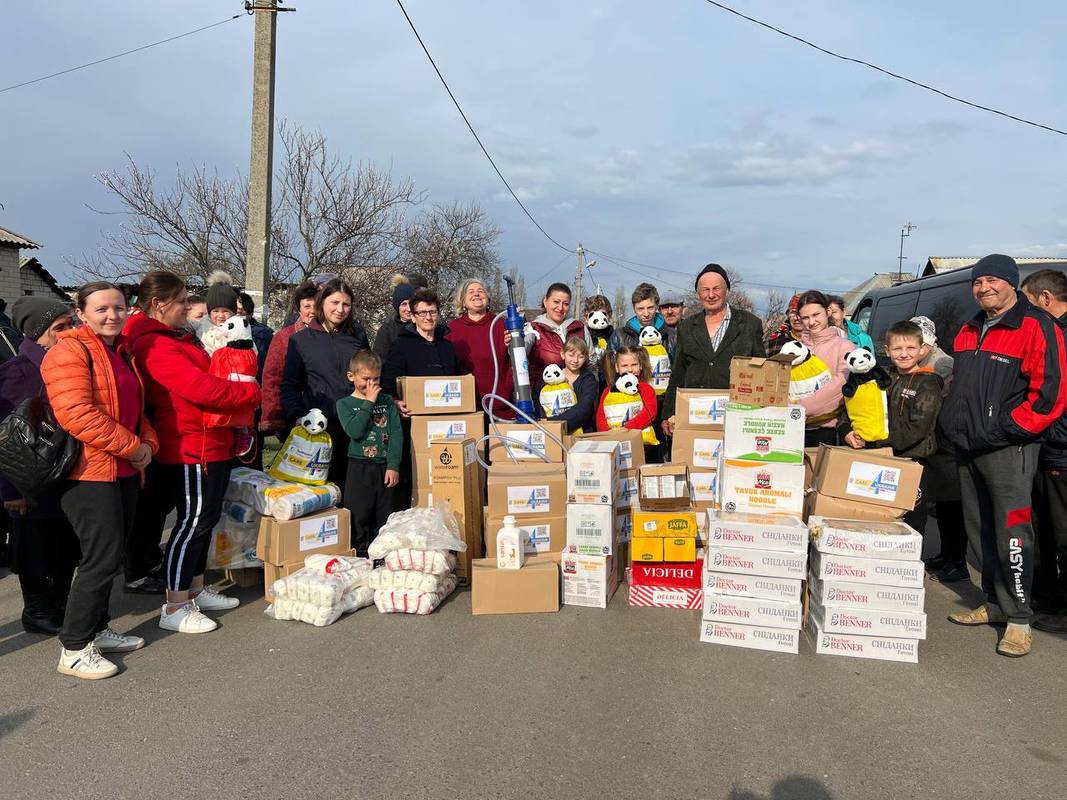
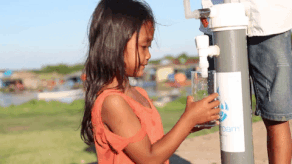
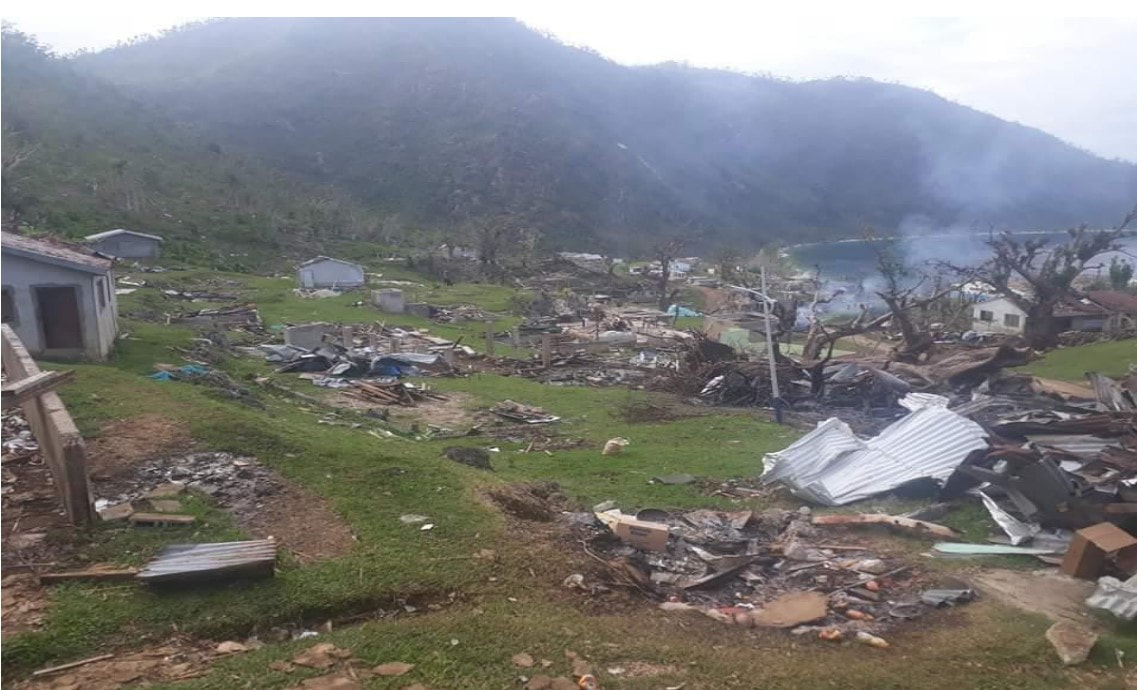
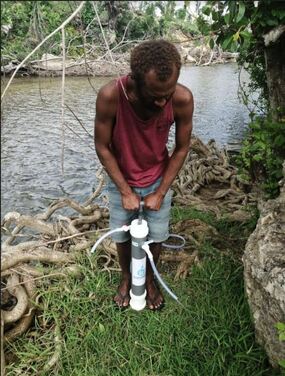
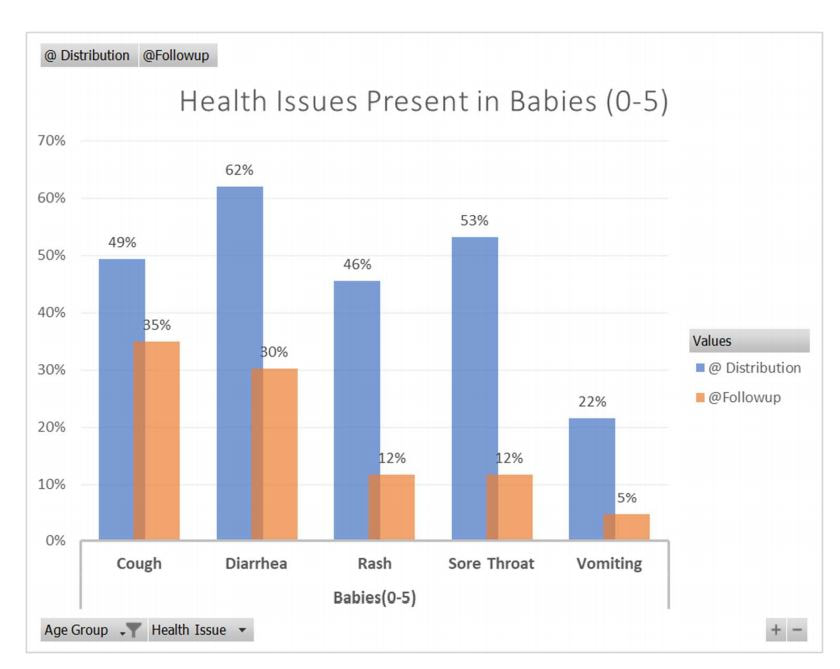
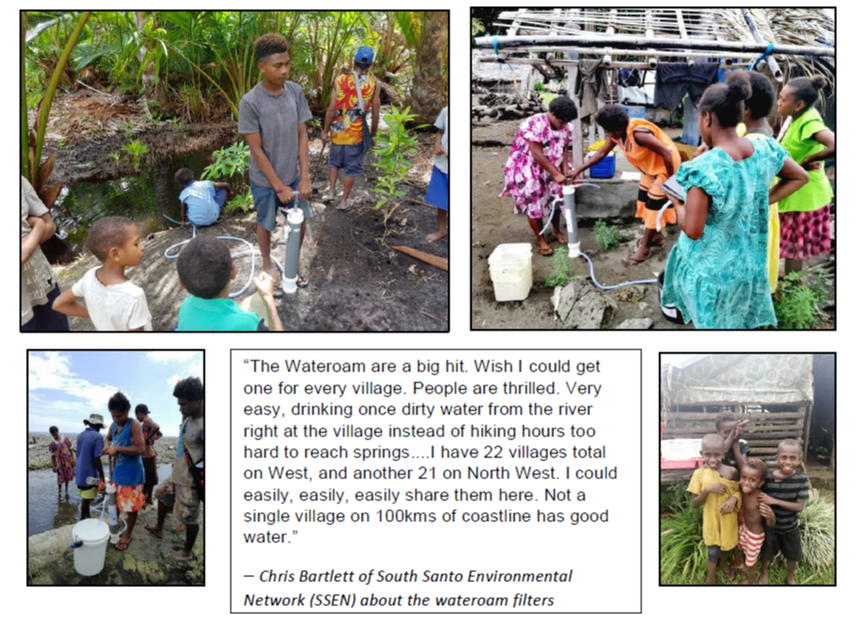

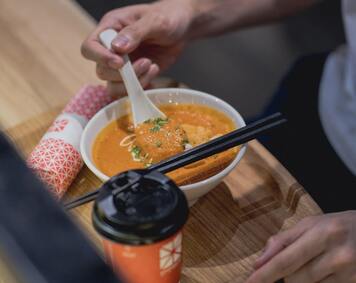
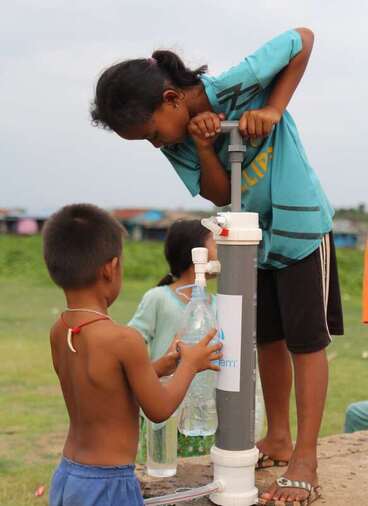
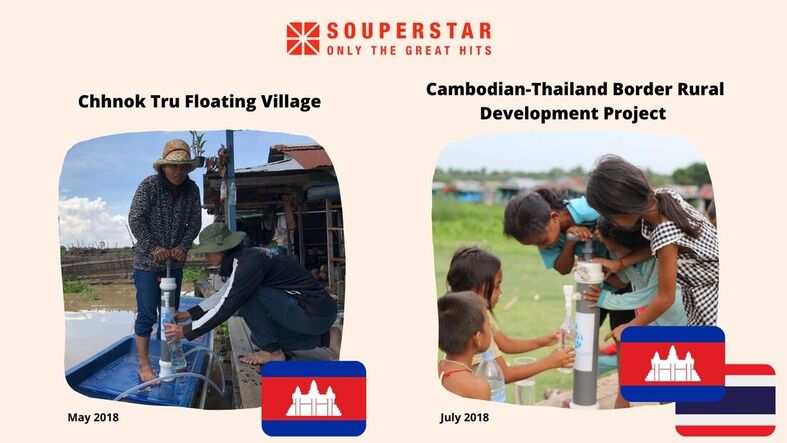
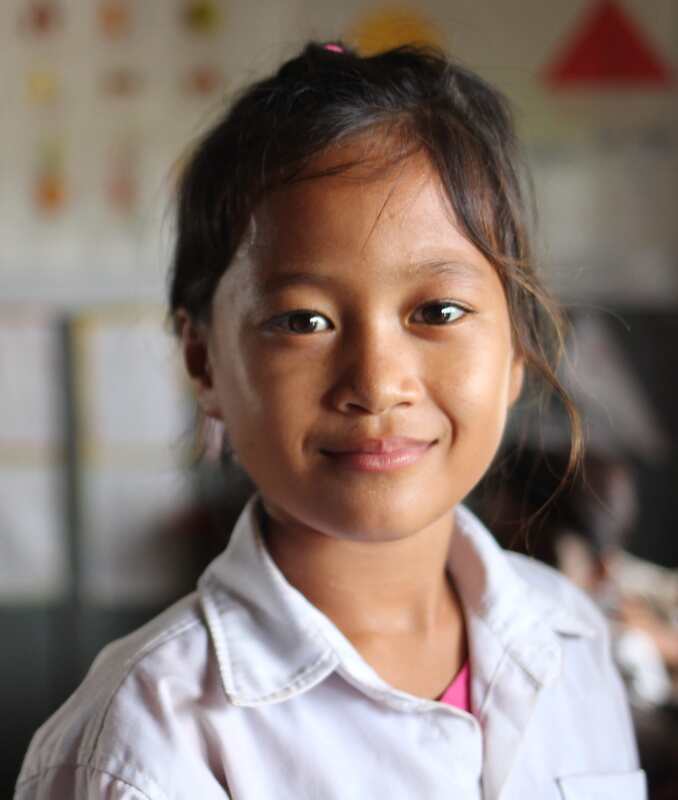
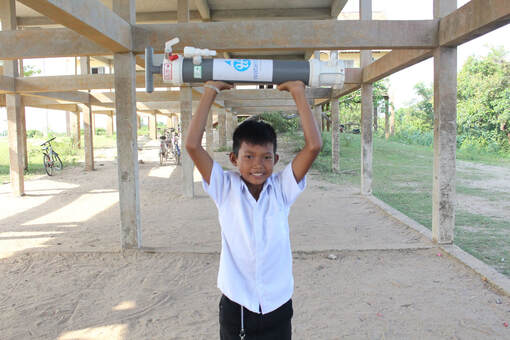
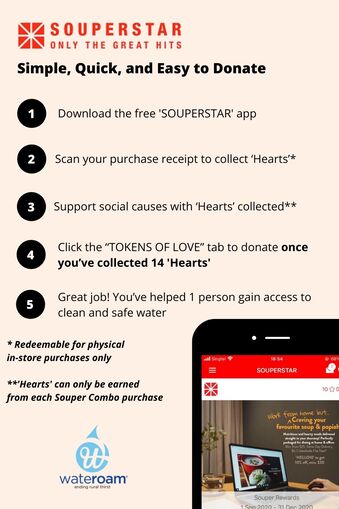
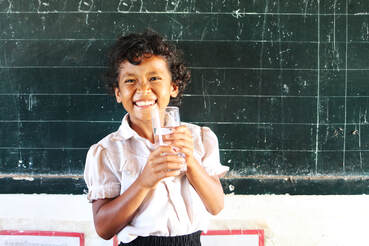
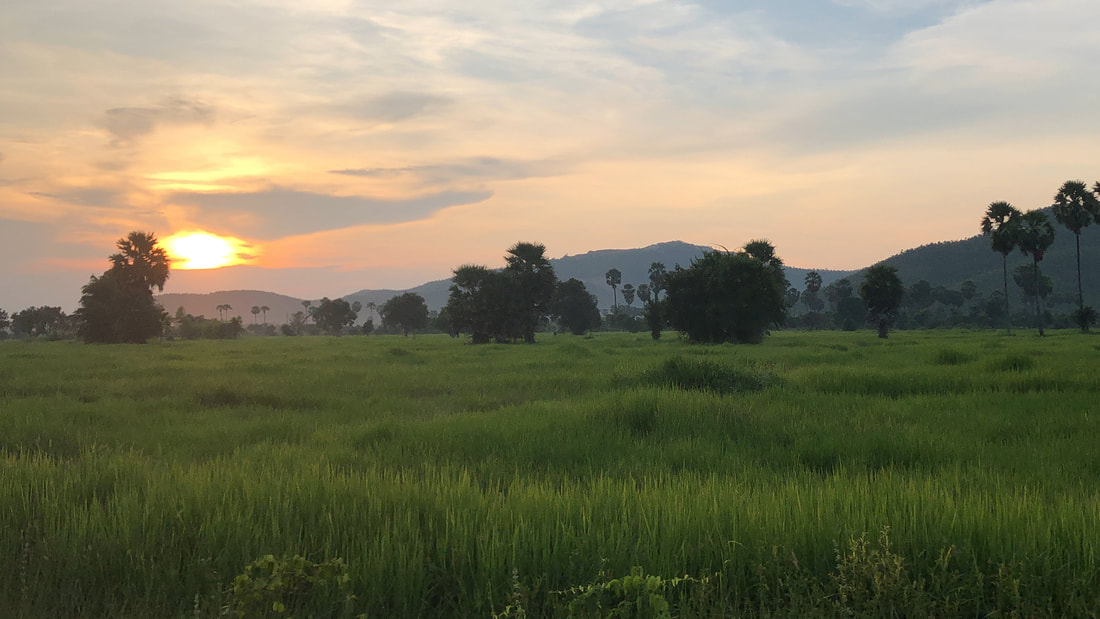
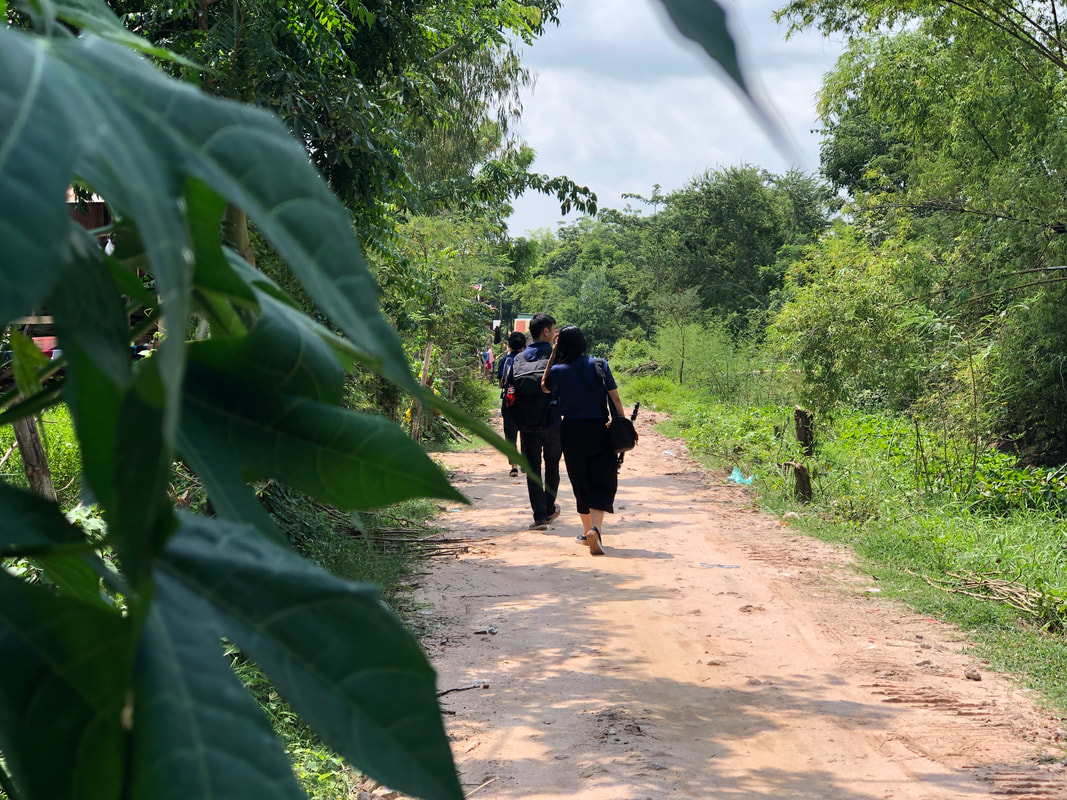
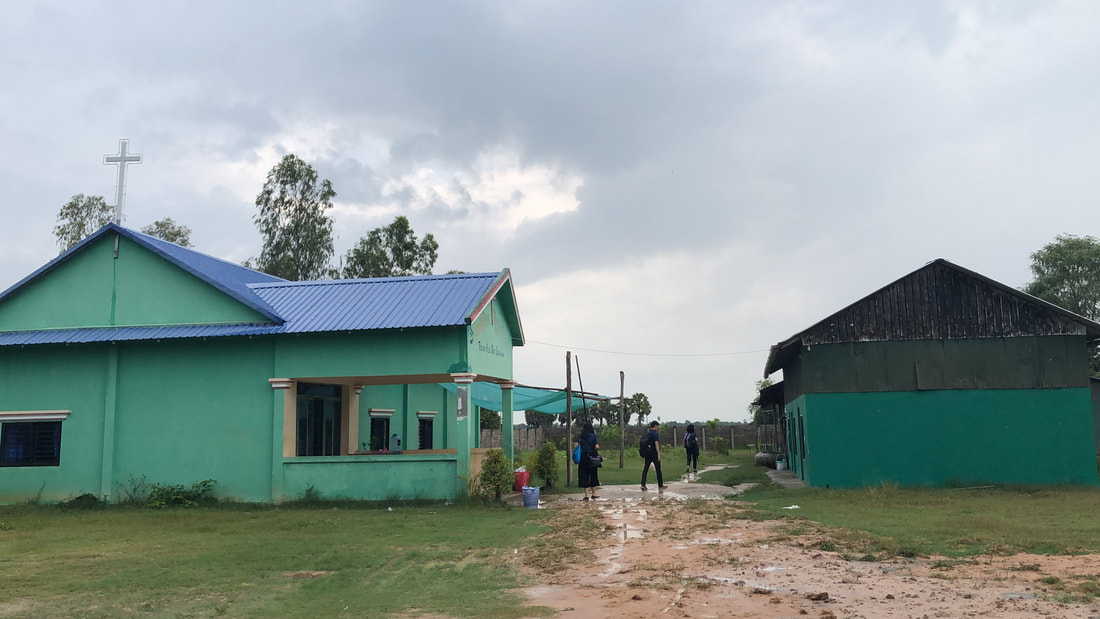
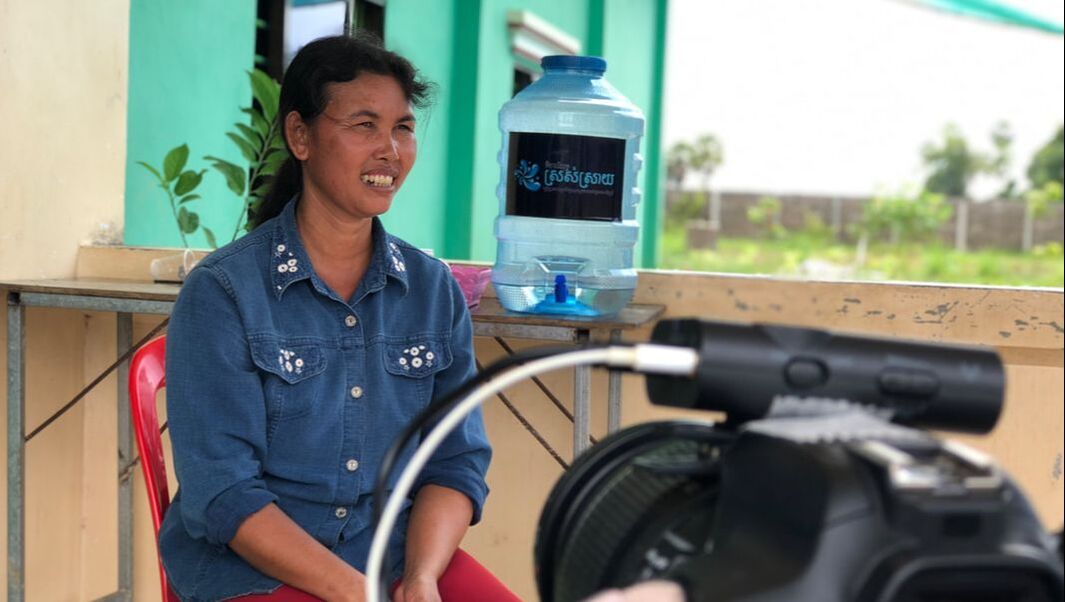
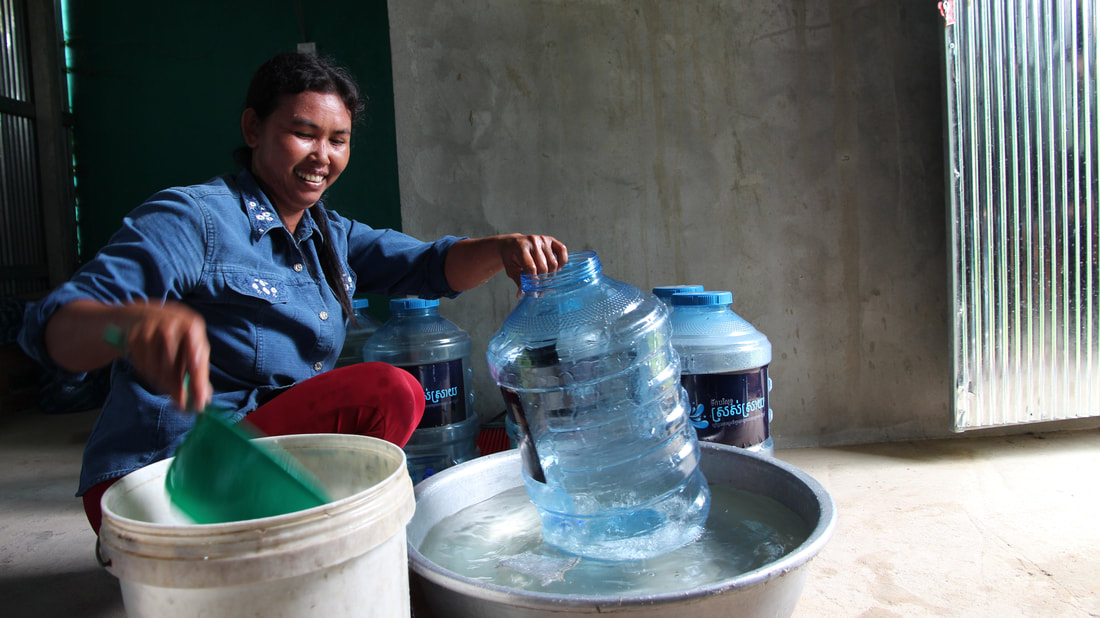
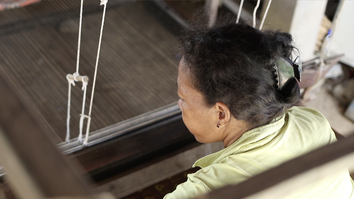
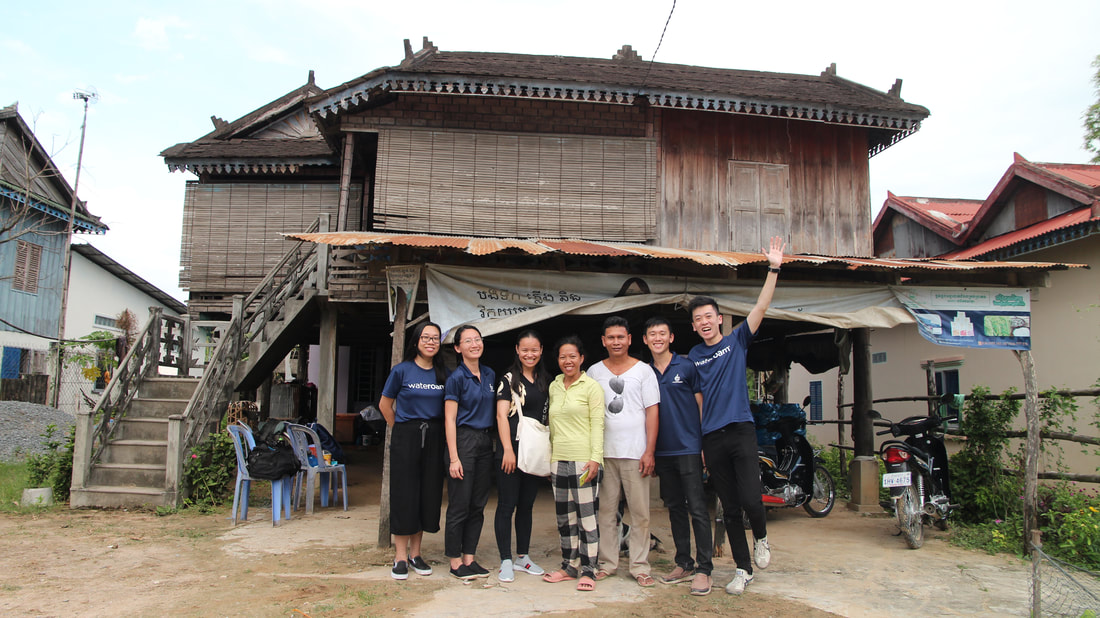
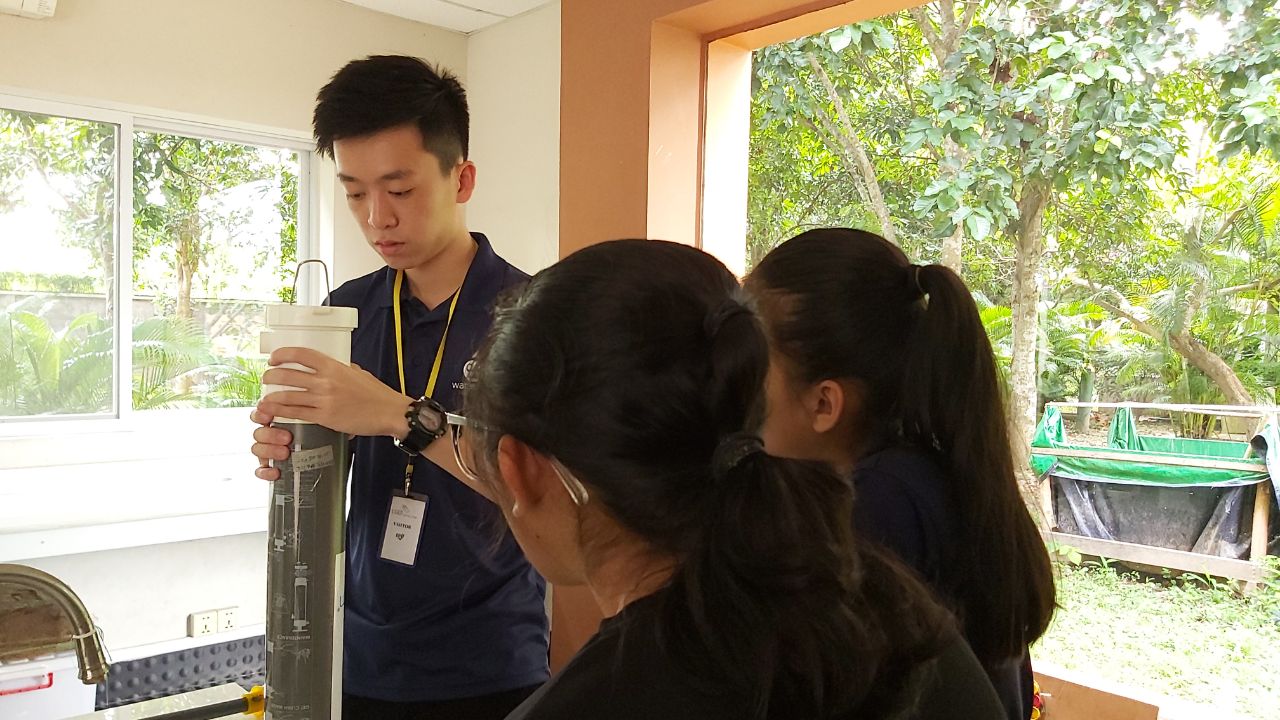
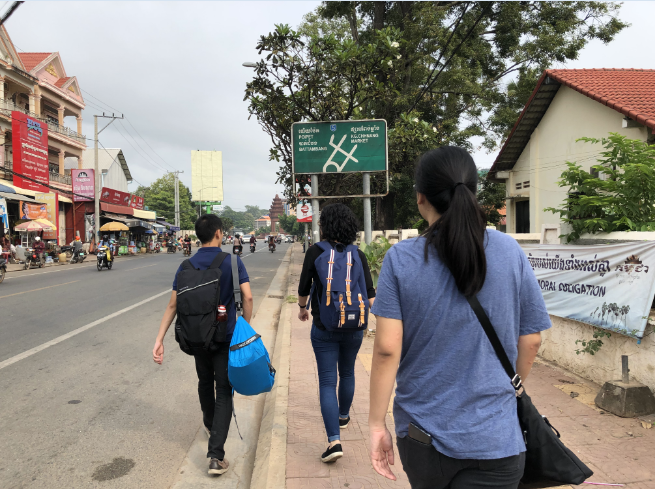
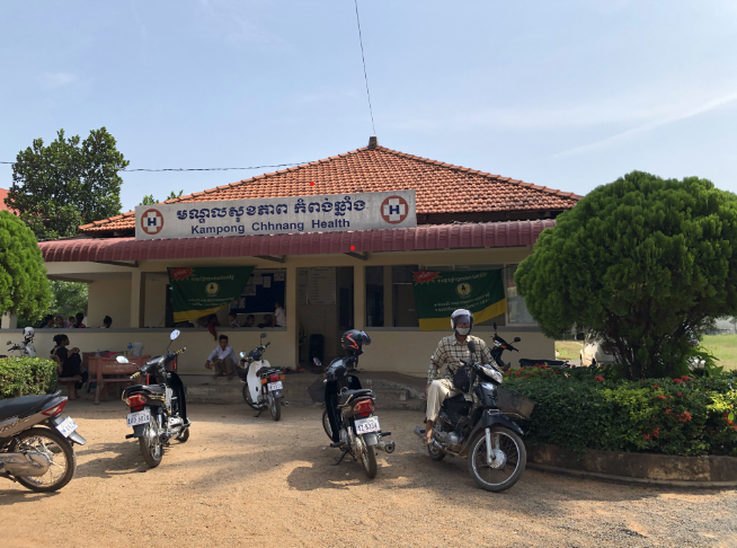
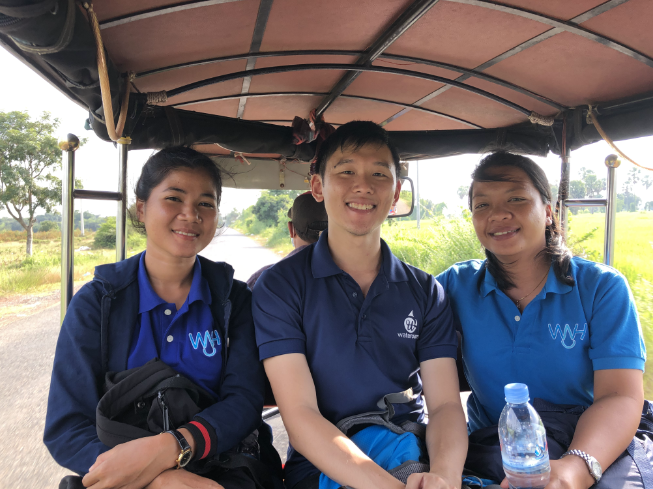
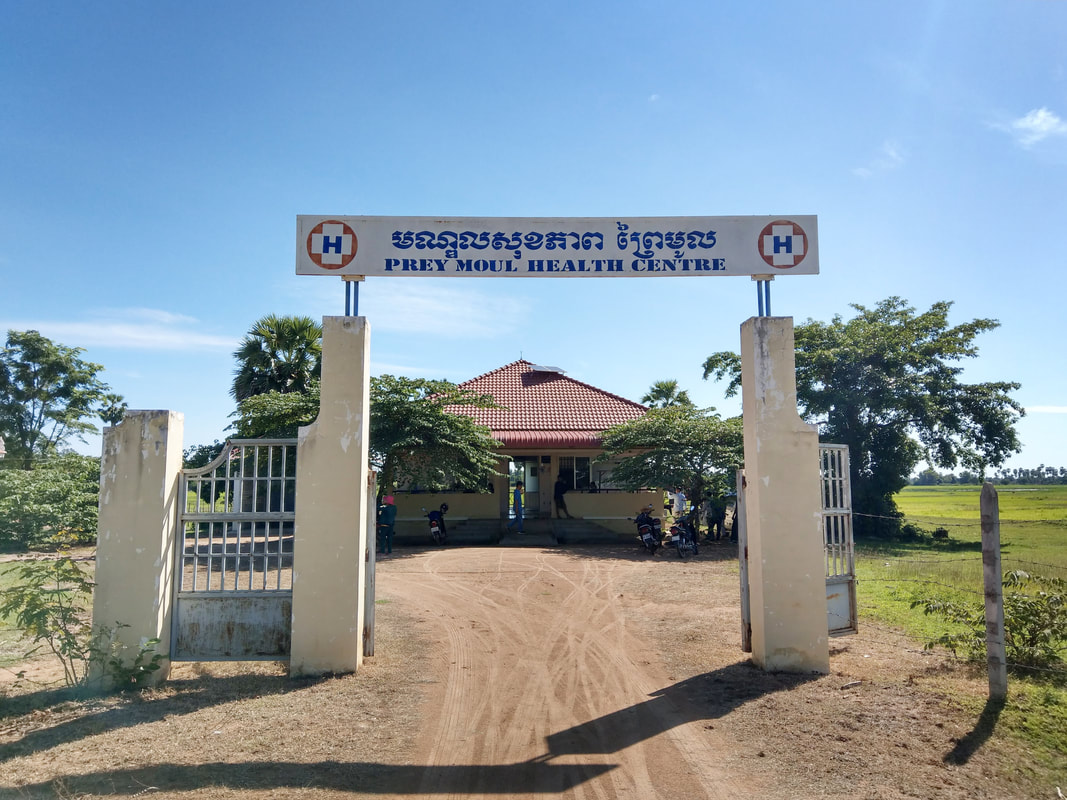
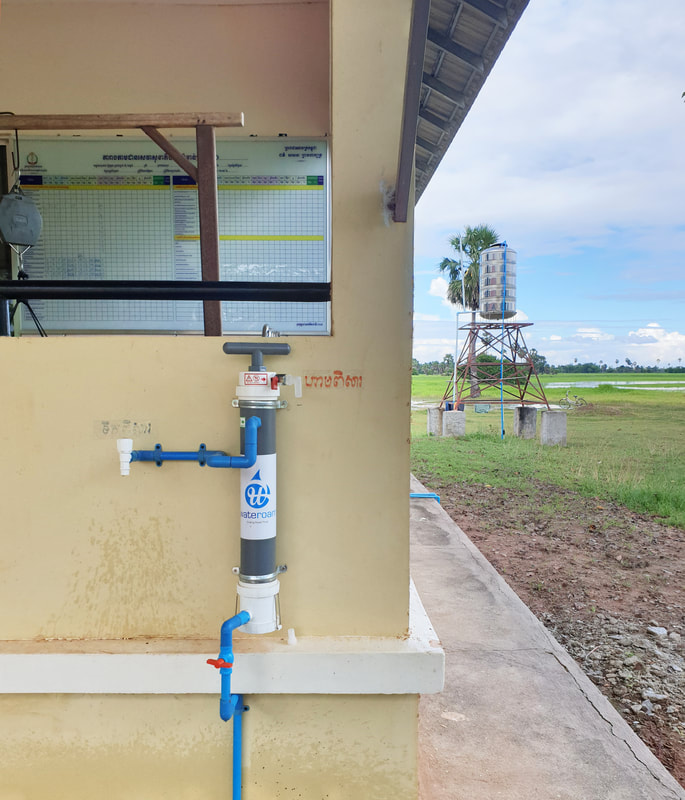
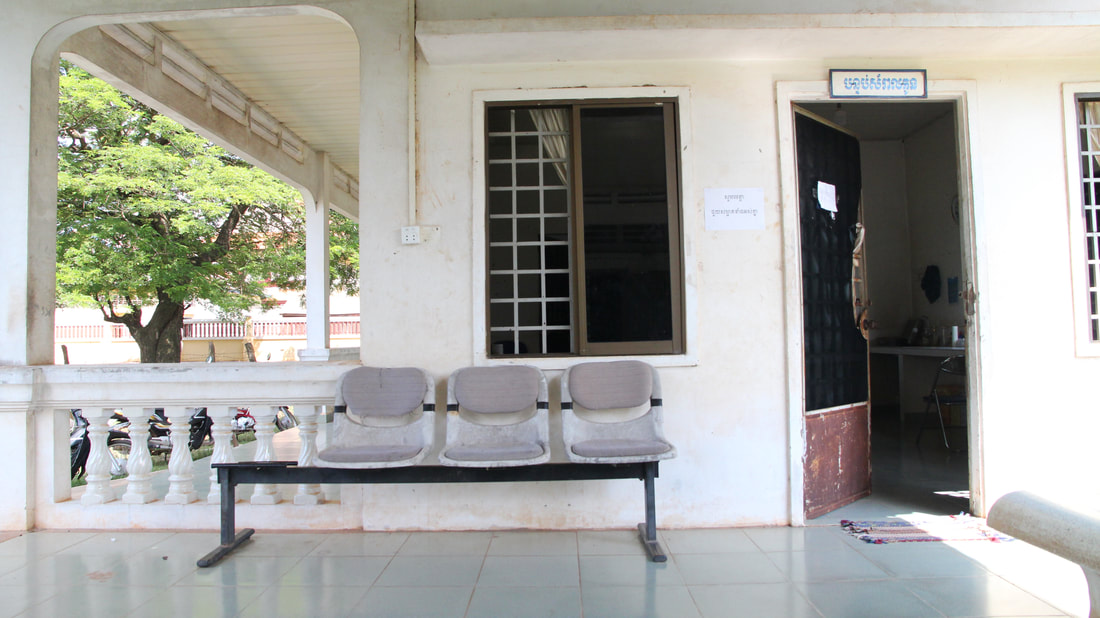
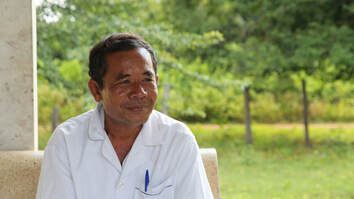
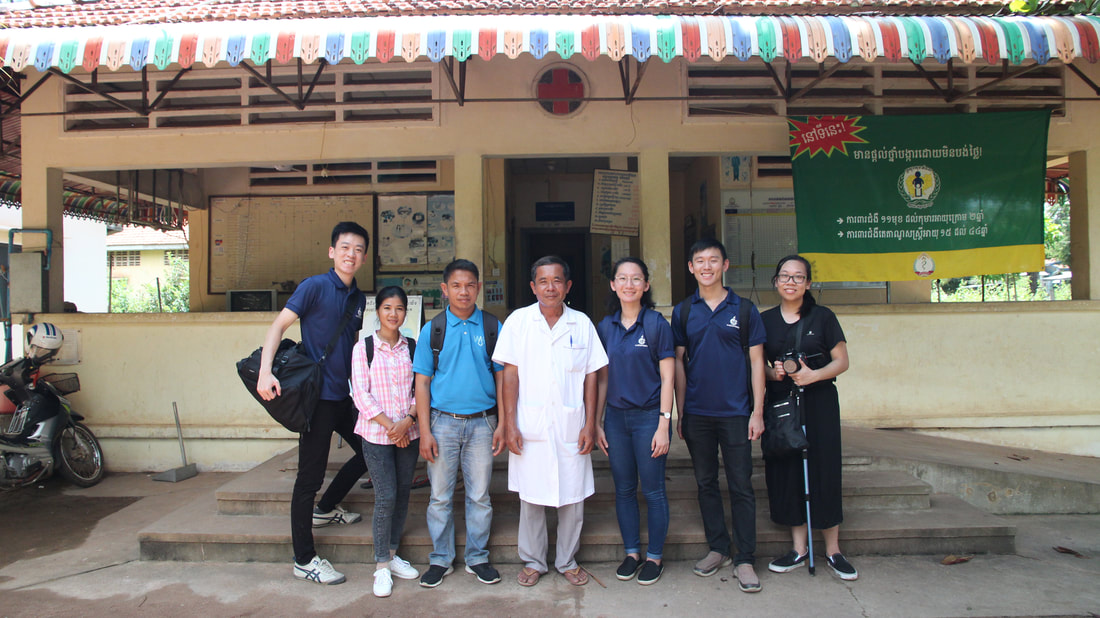
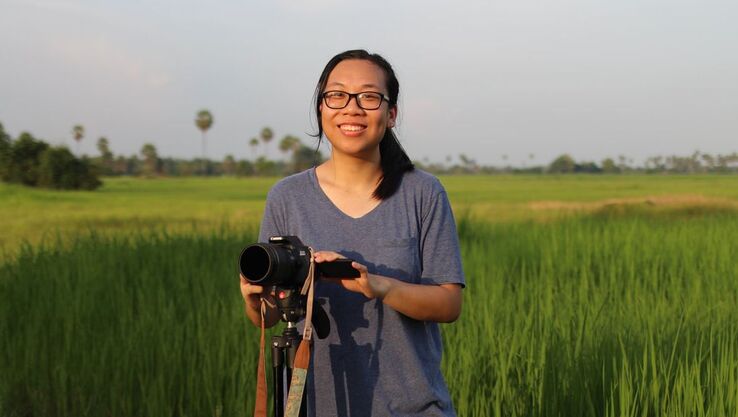
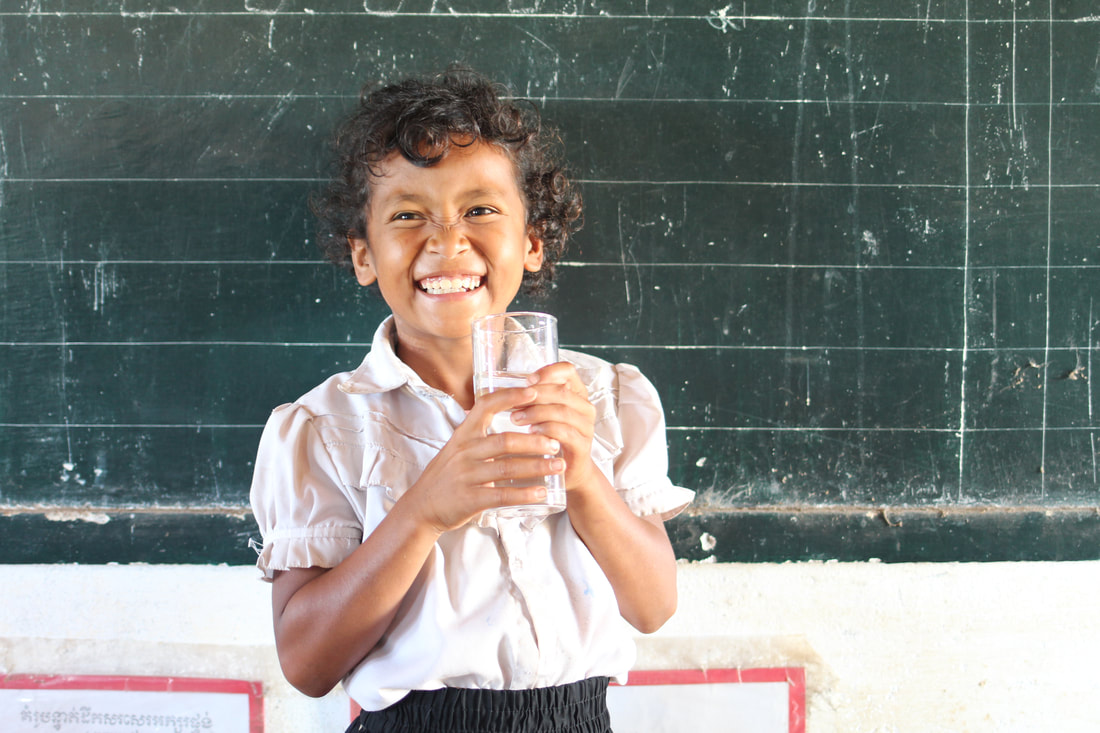
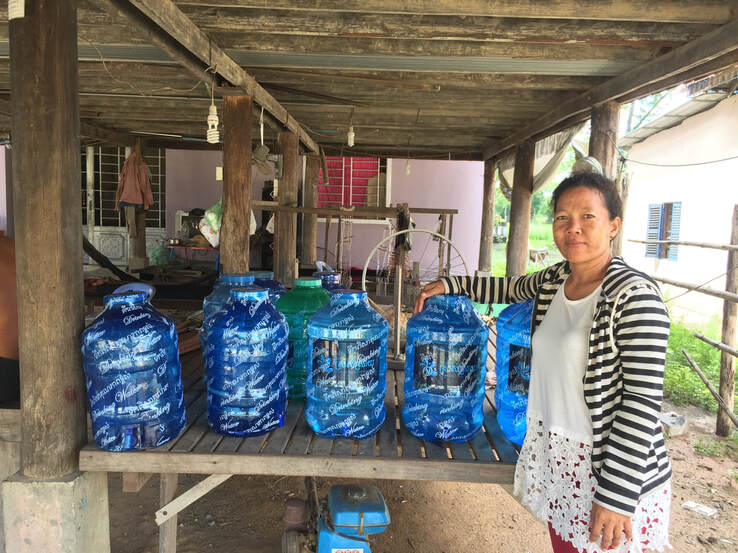
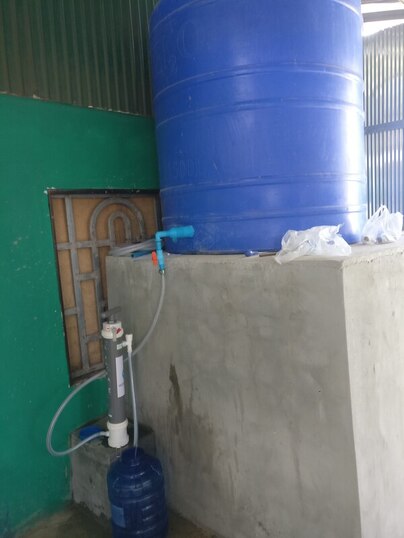
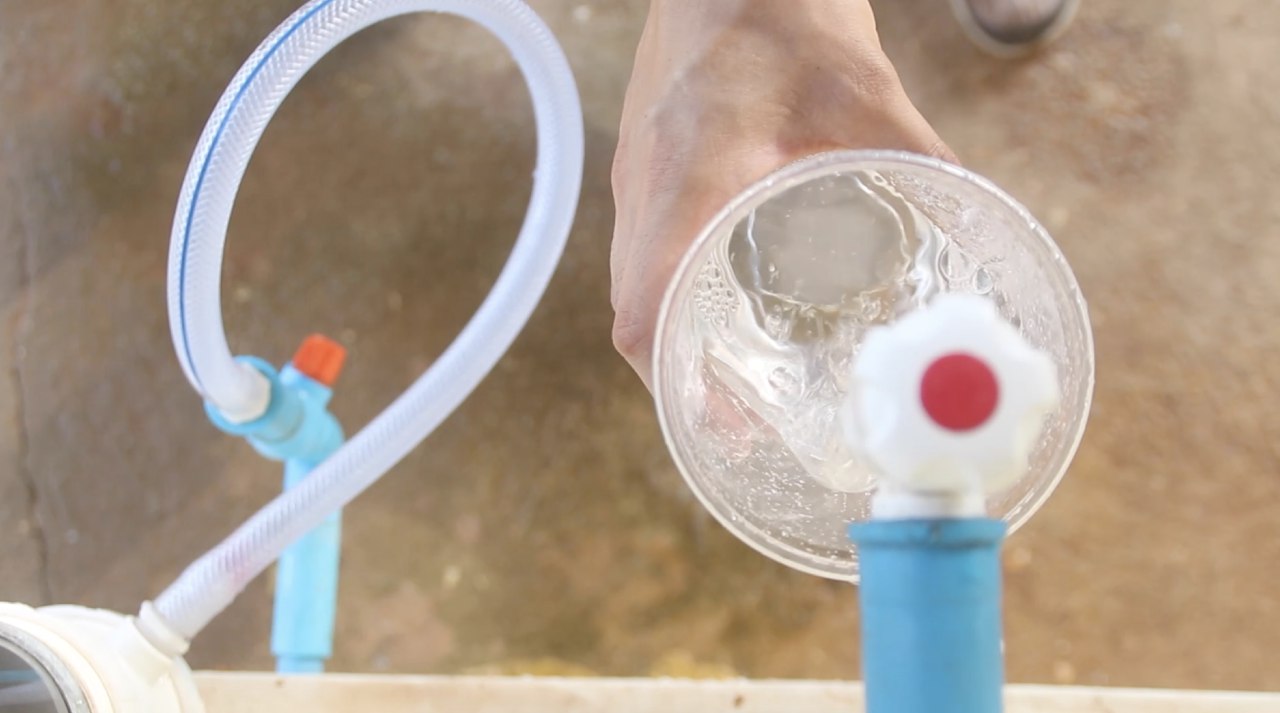
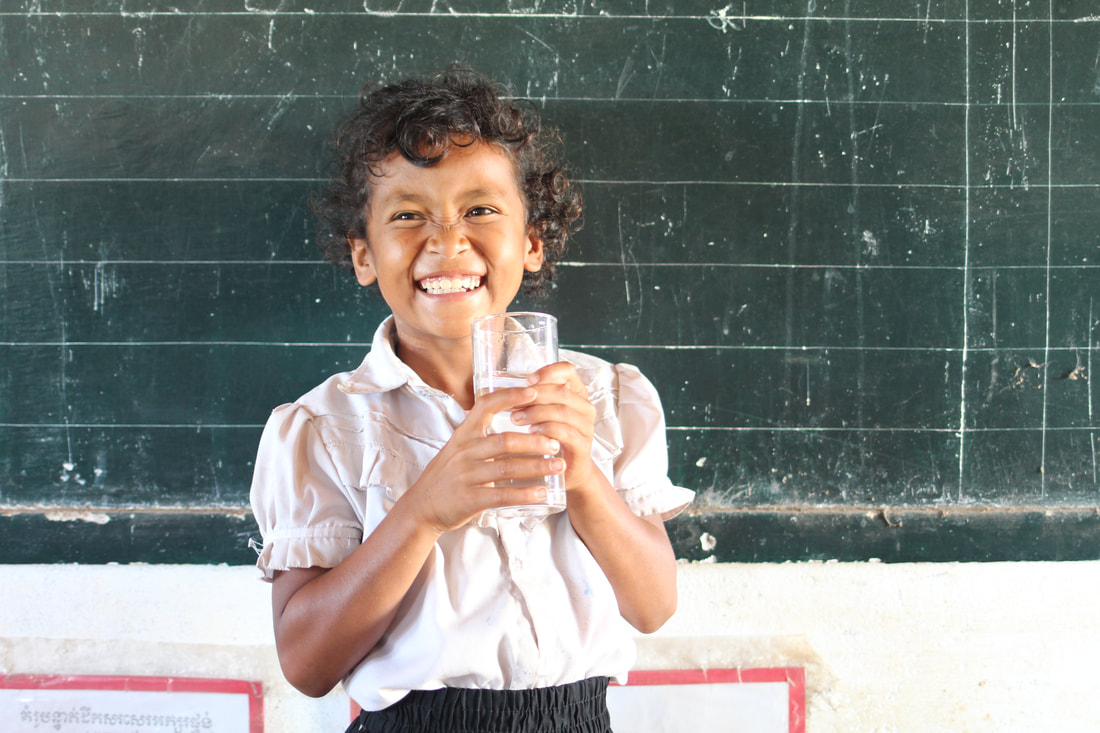
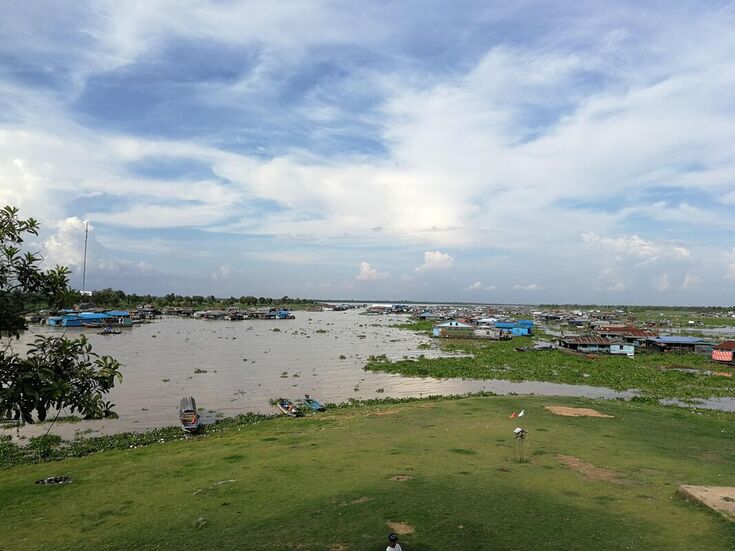
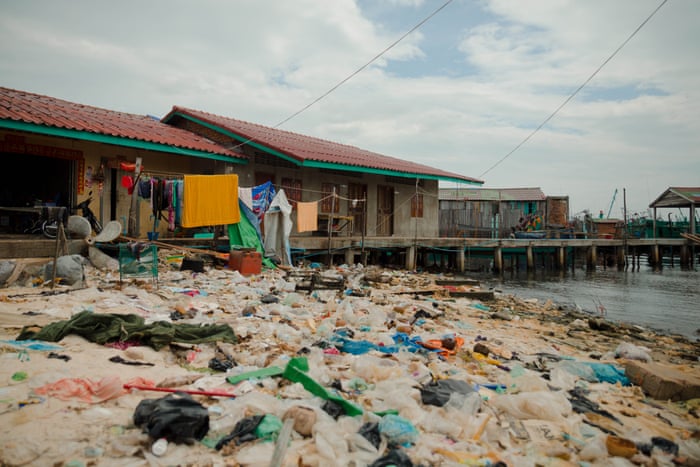
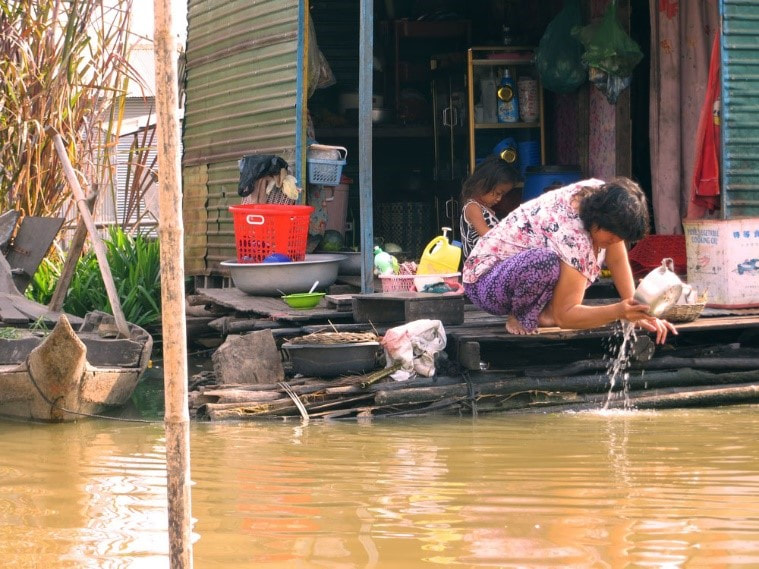
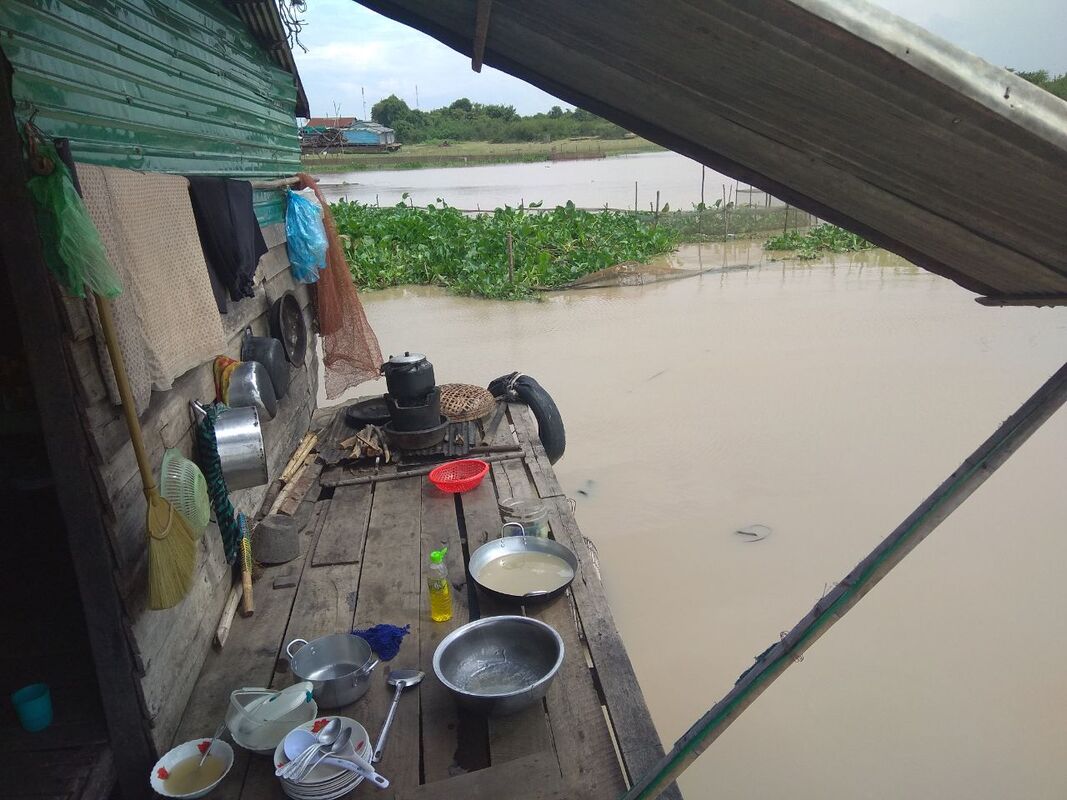
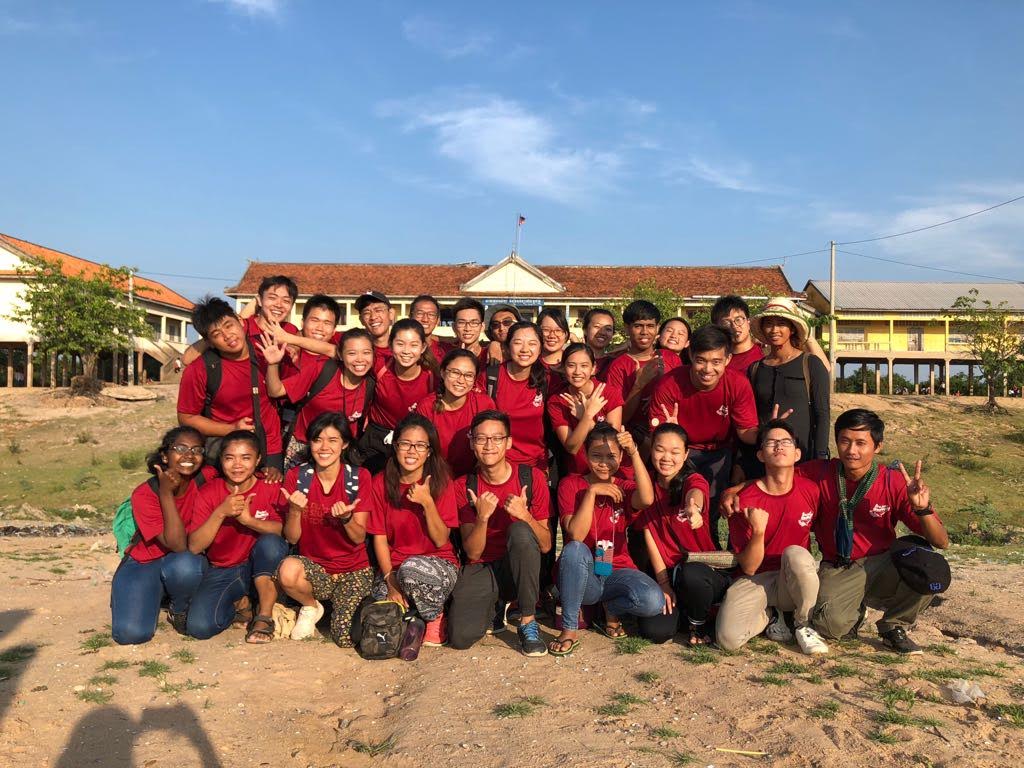
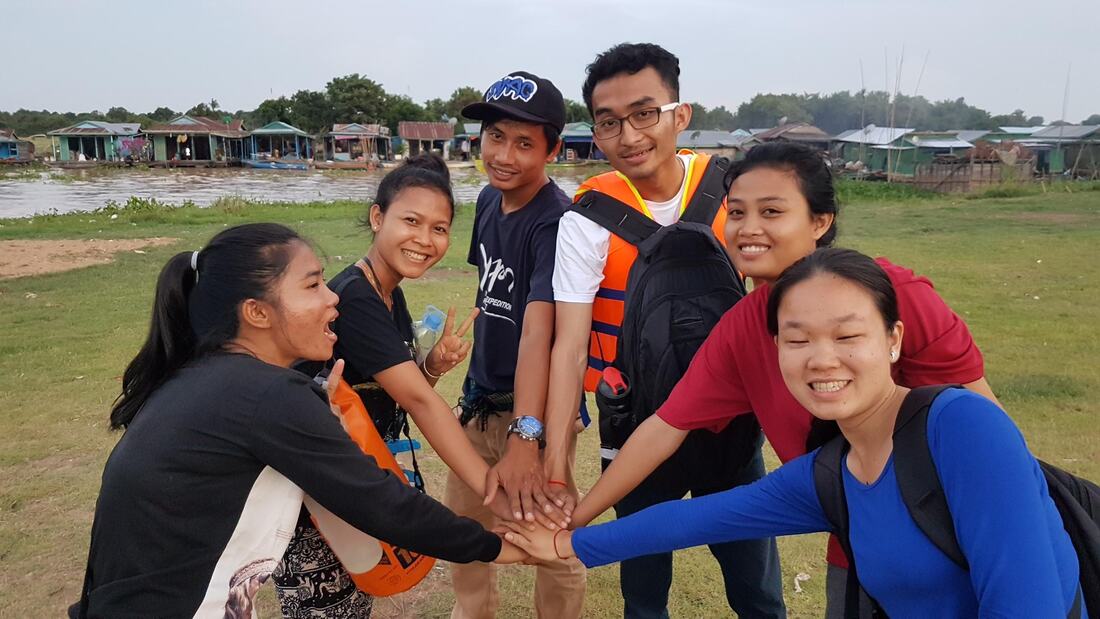
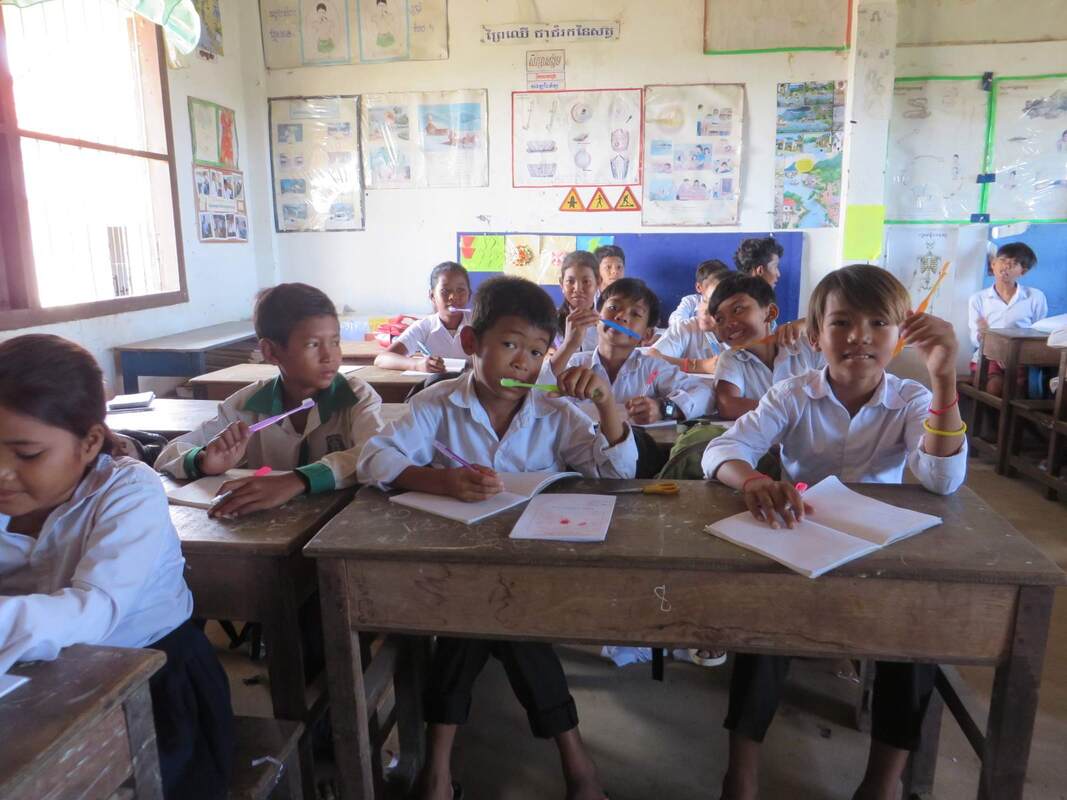
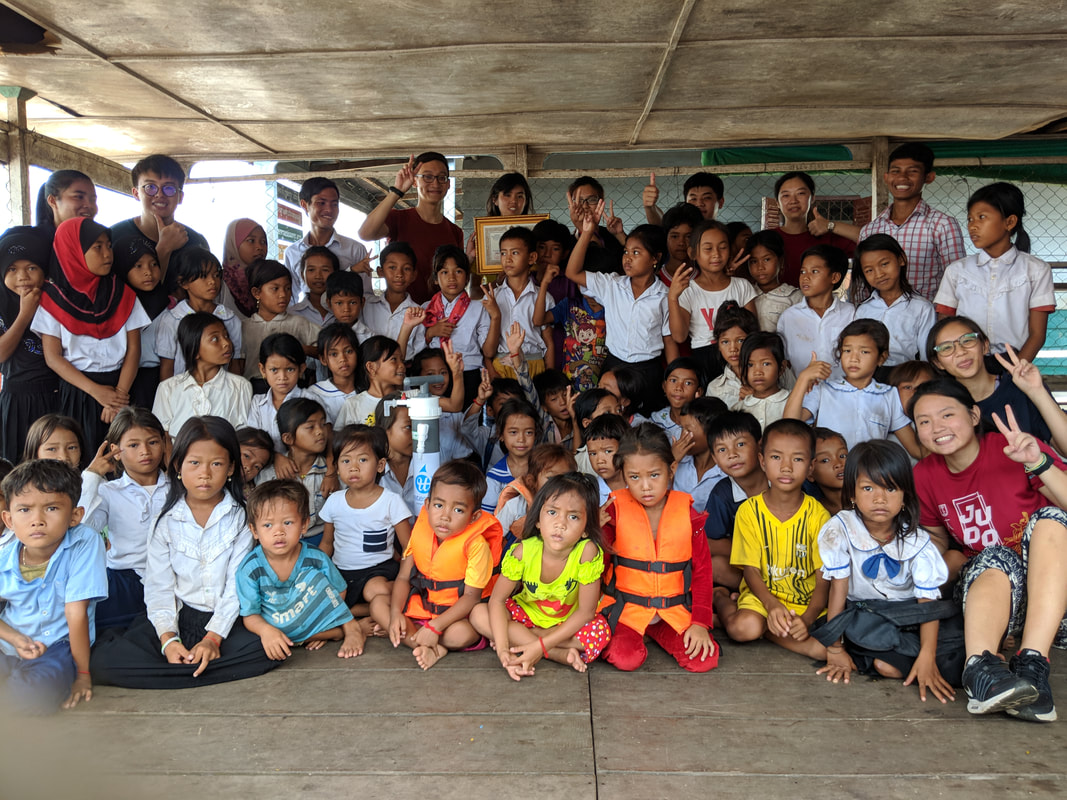
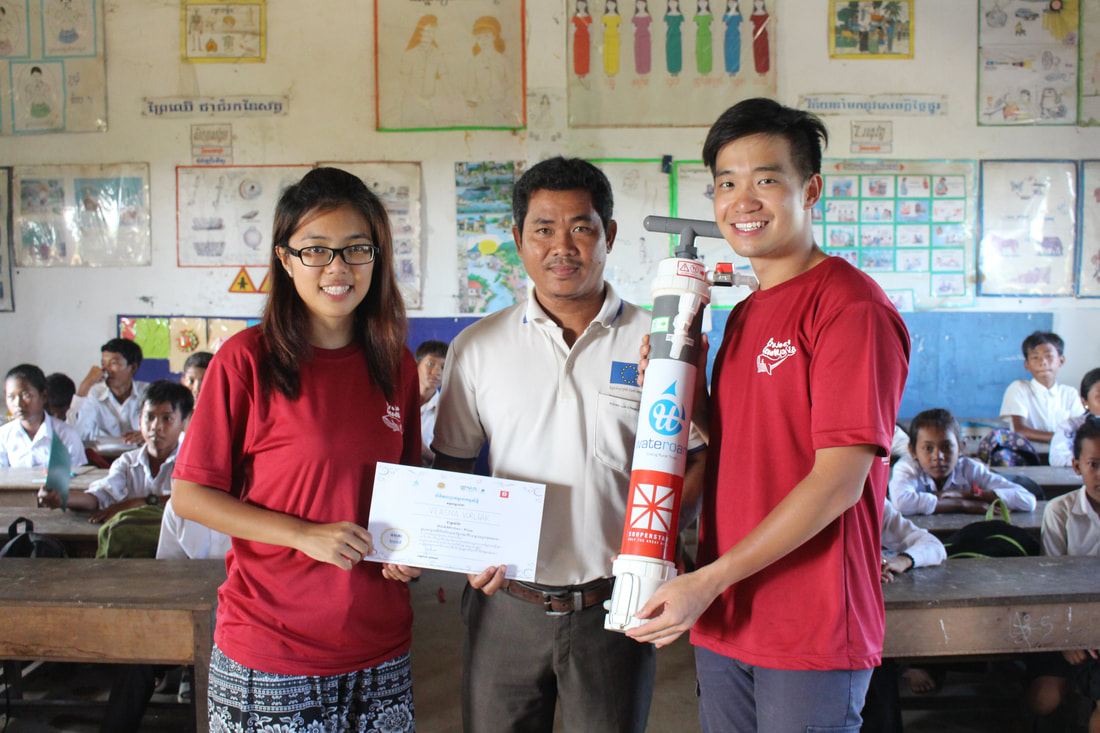
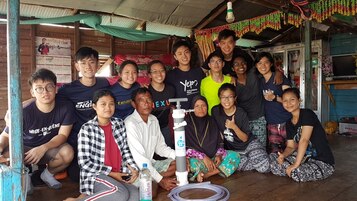
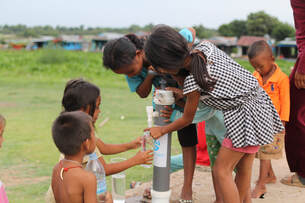
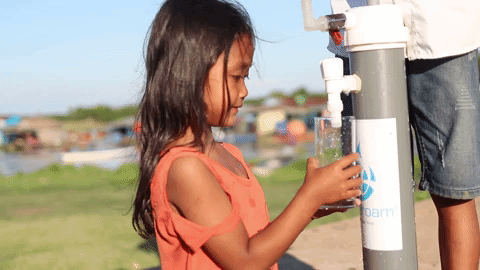
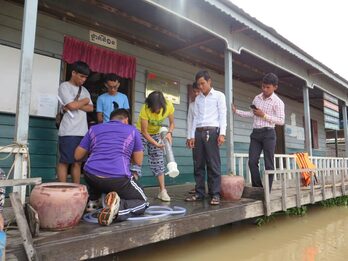
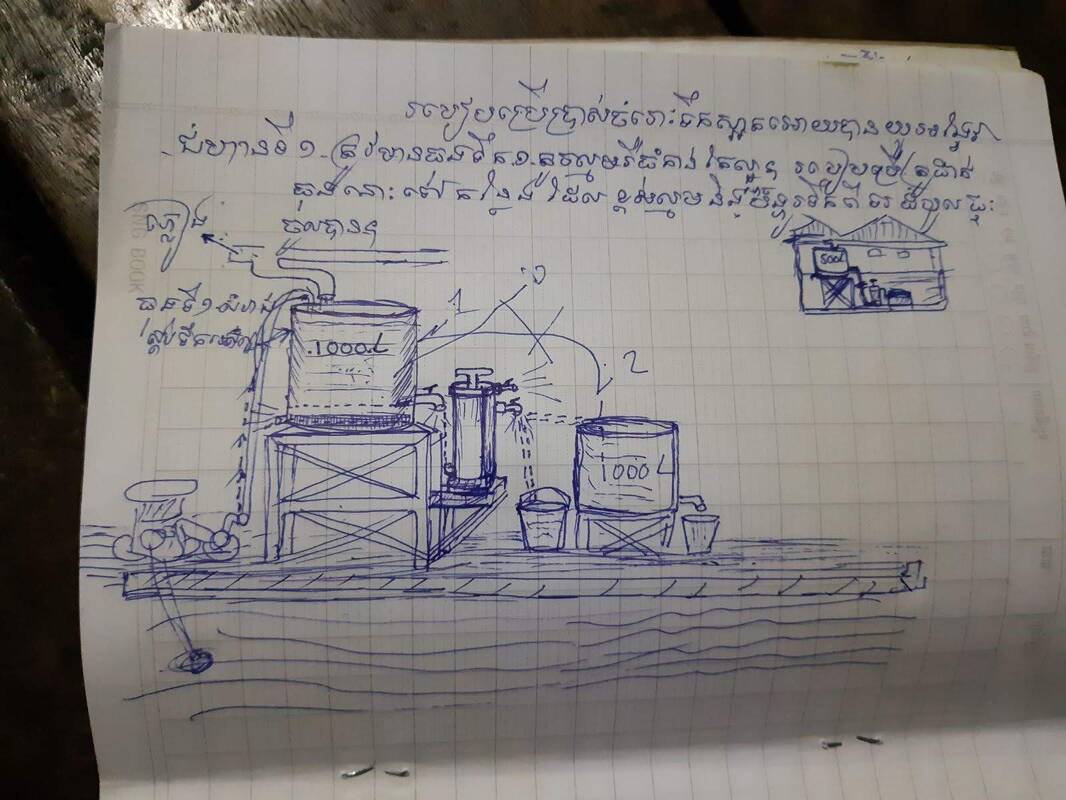
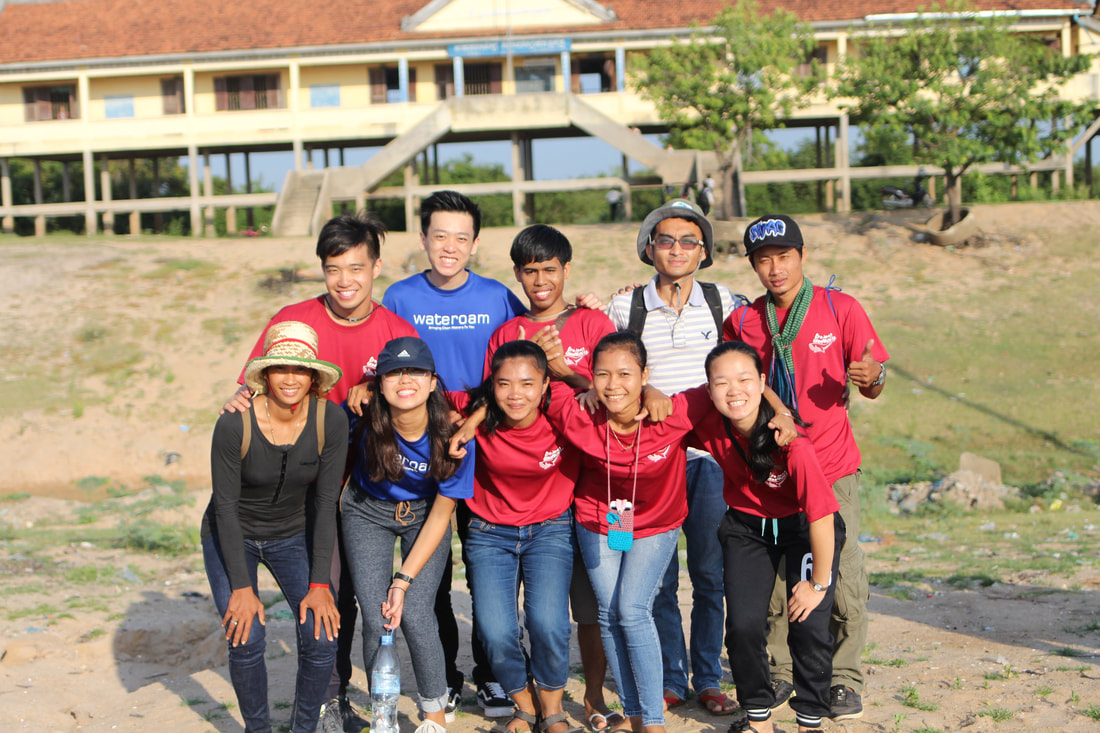
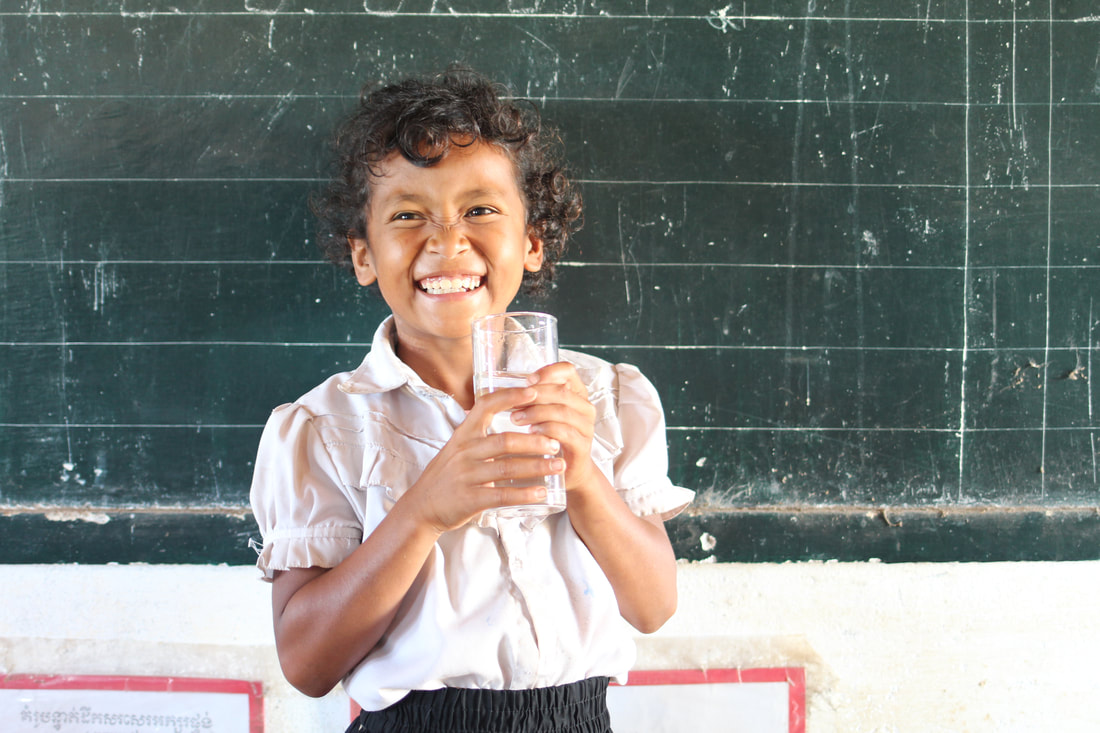
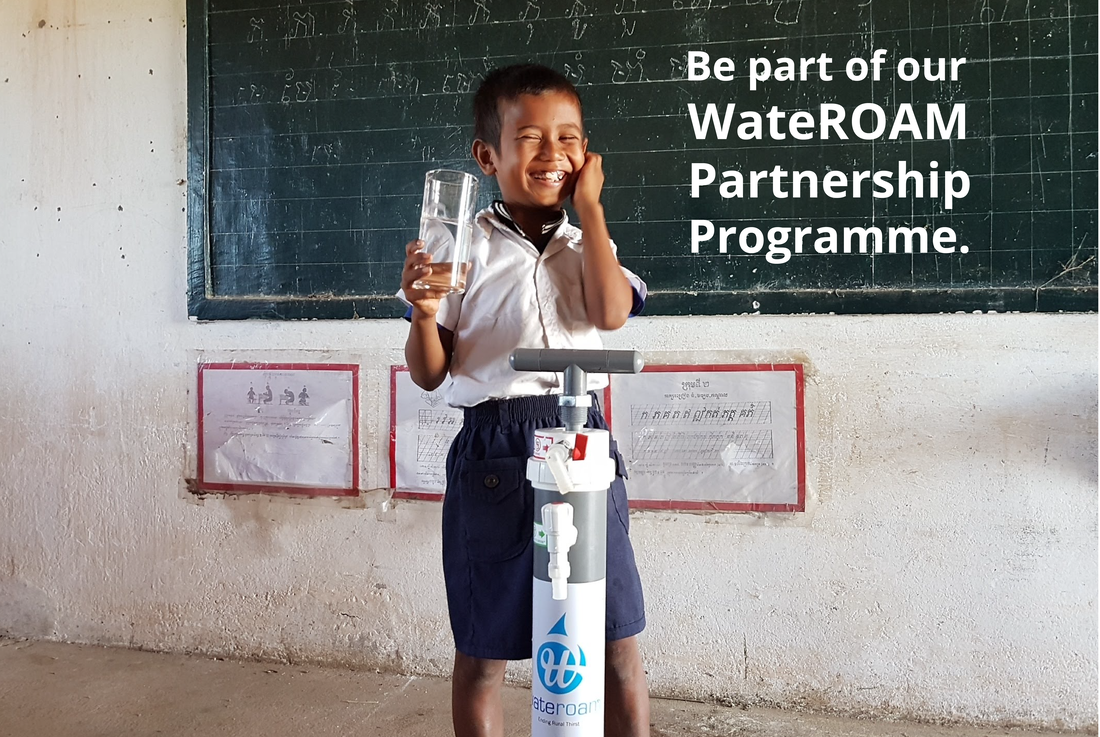
.jpg)